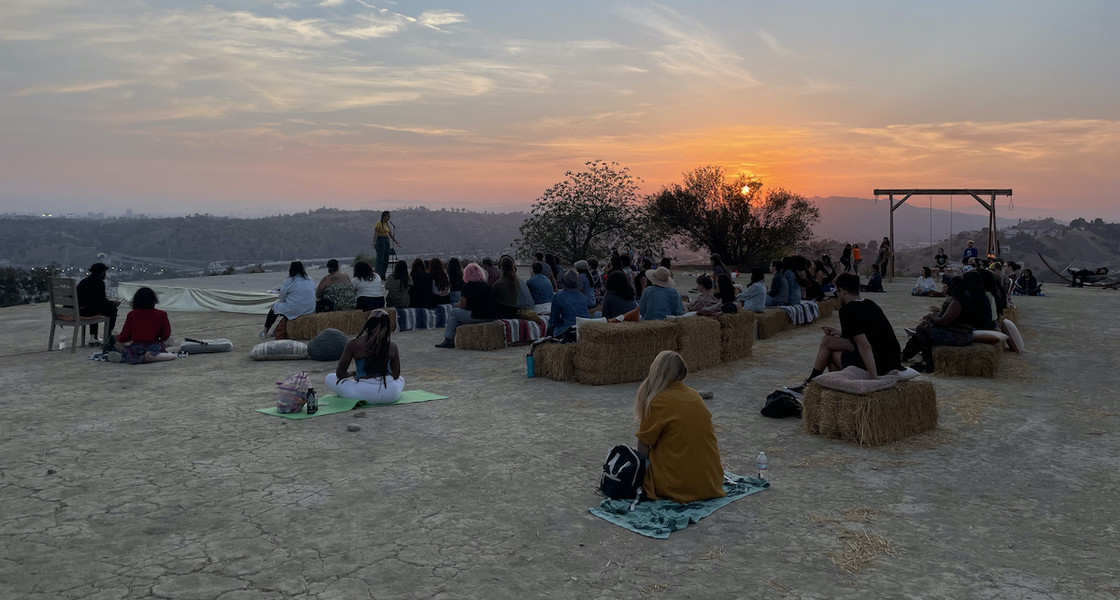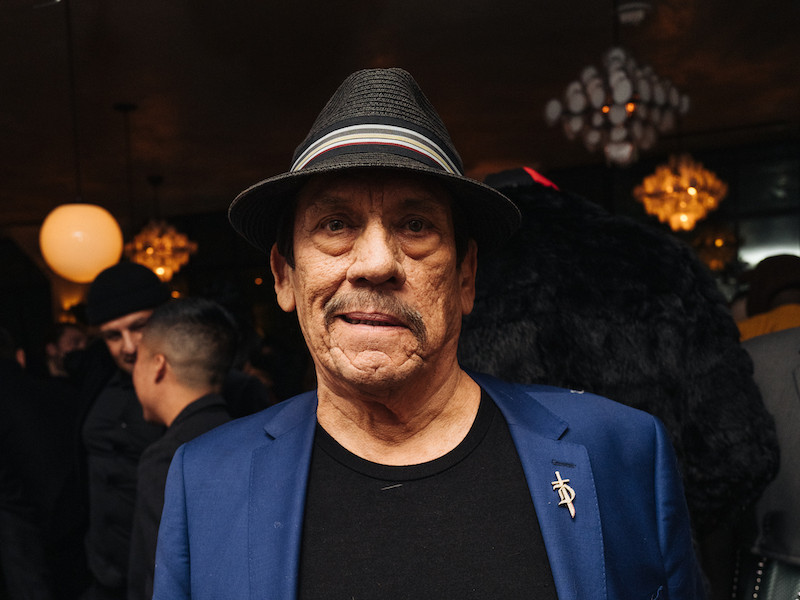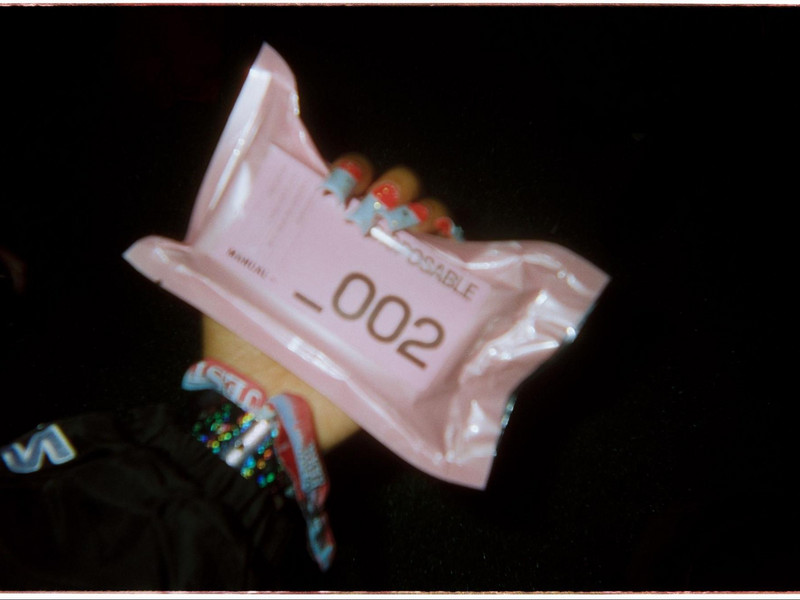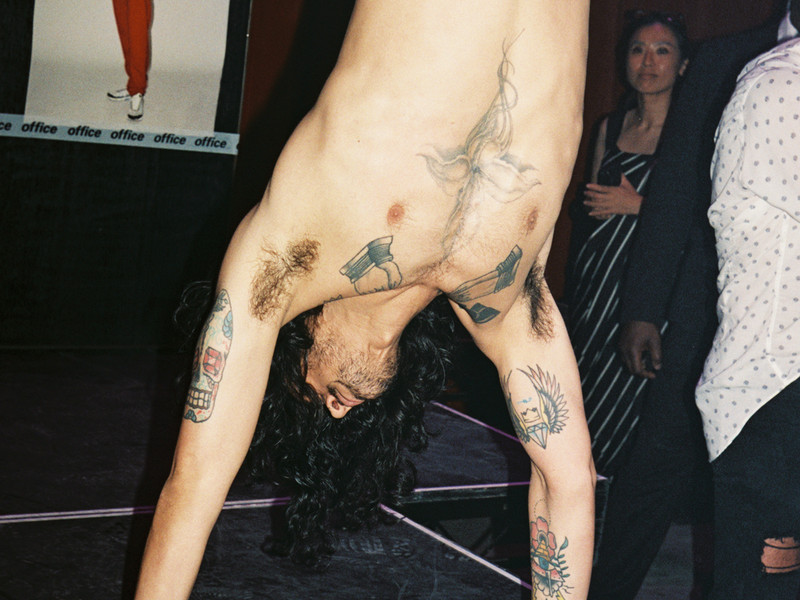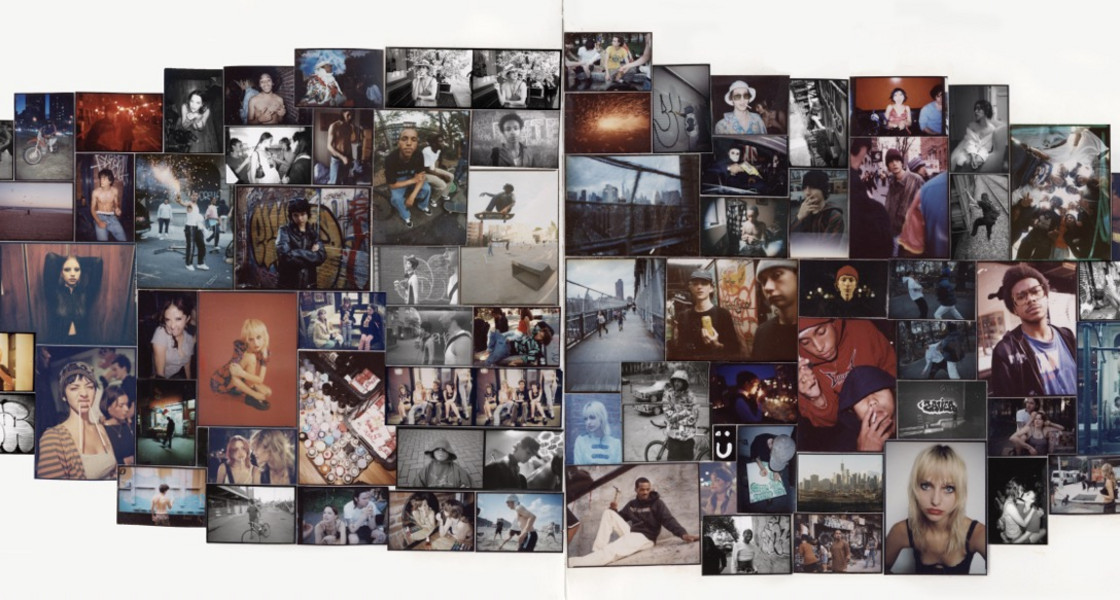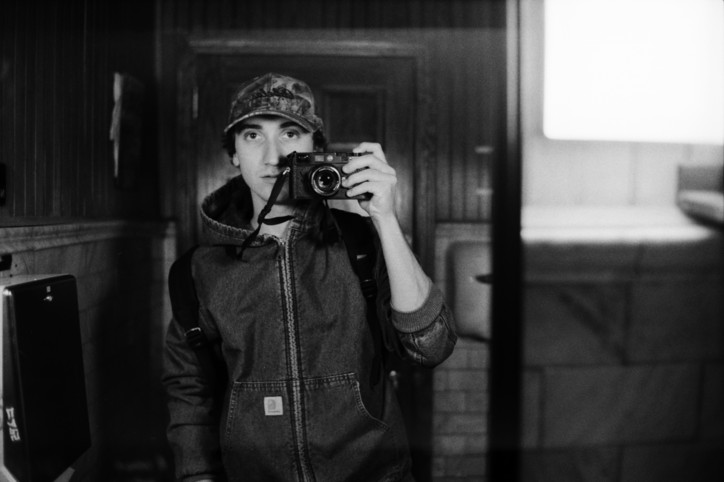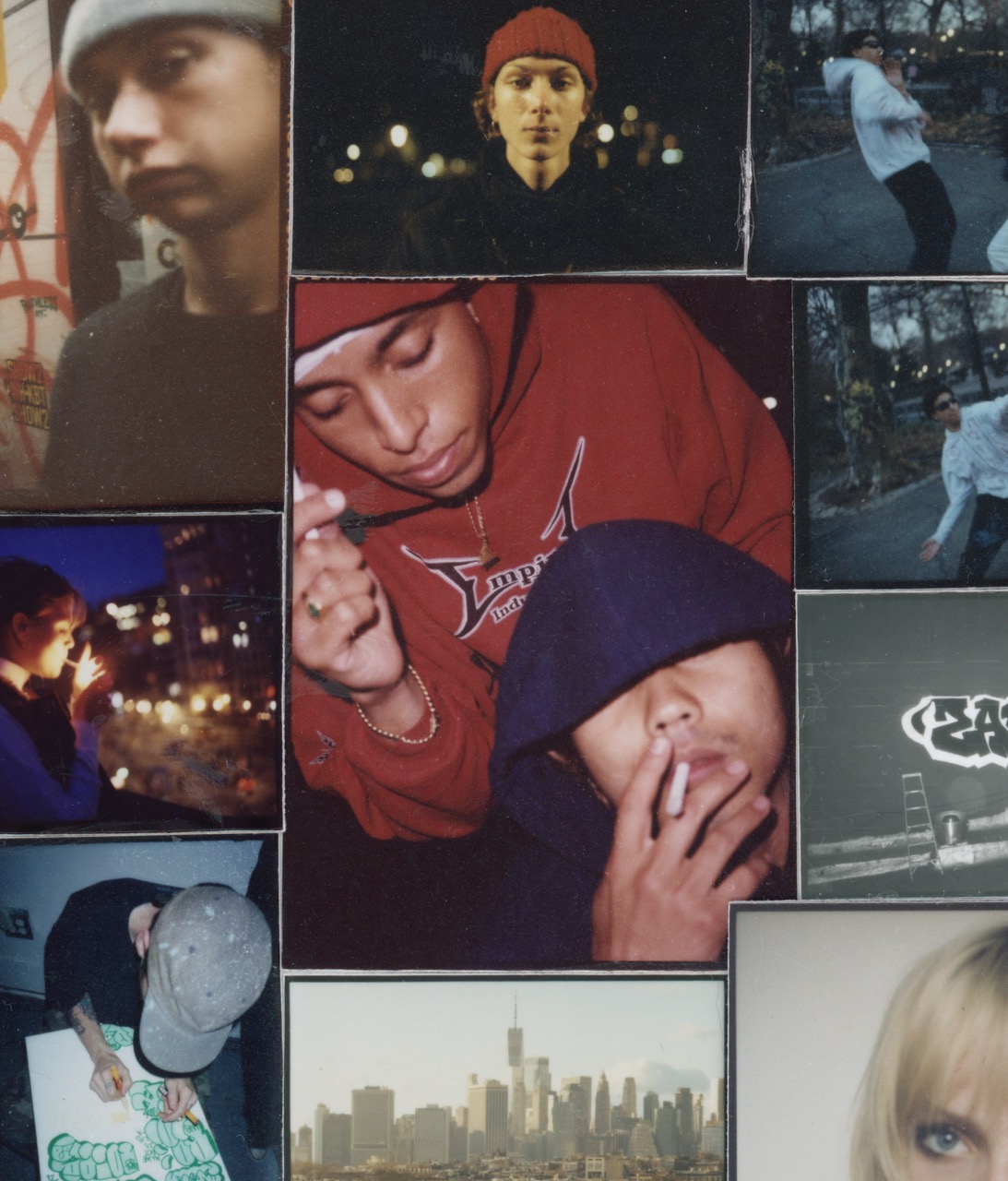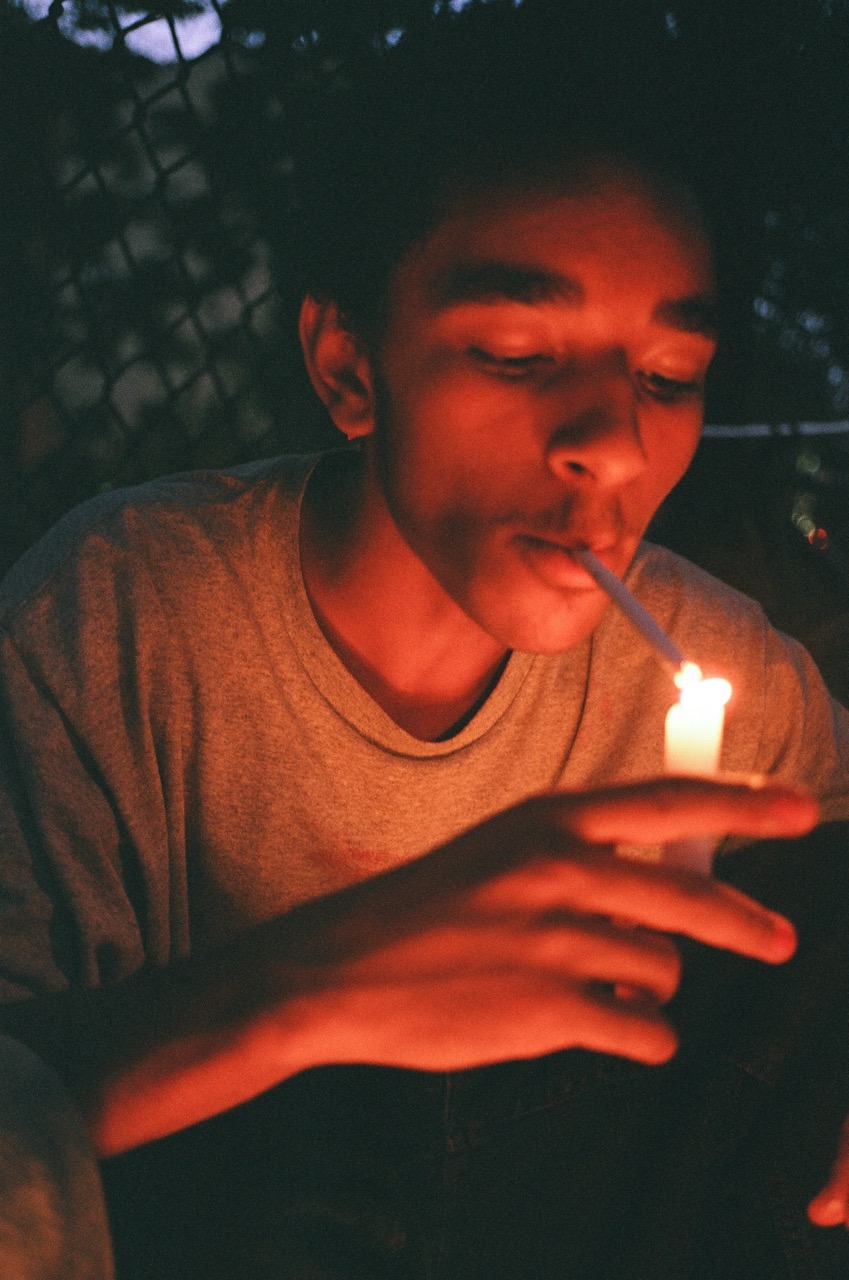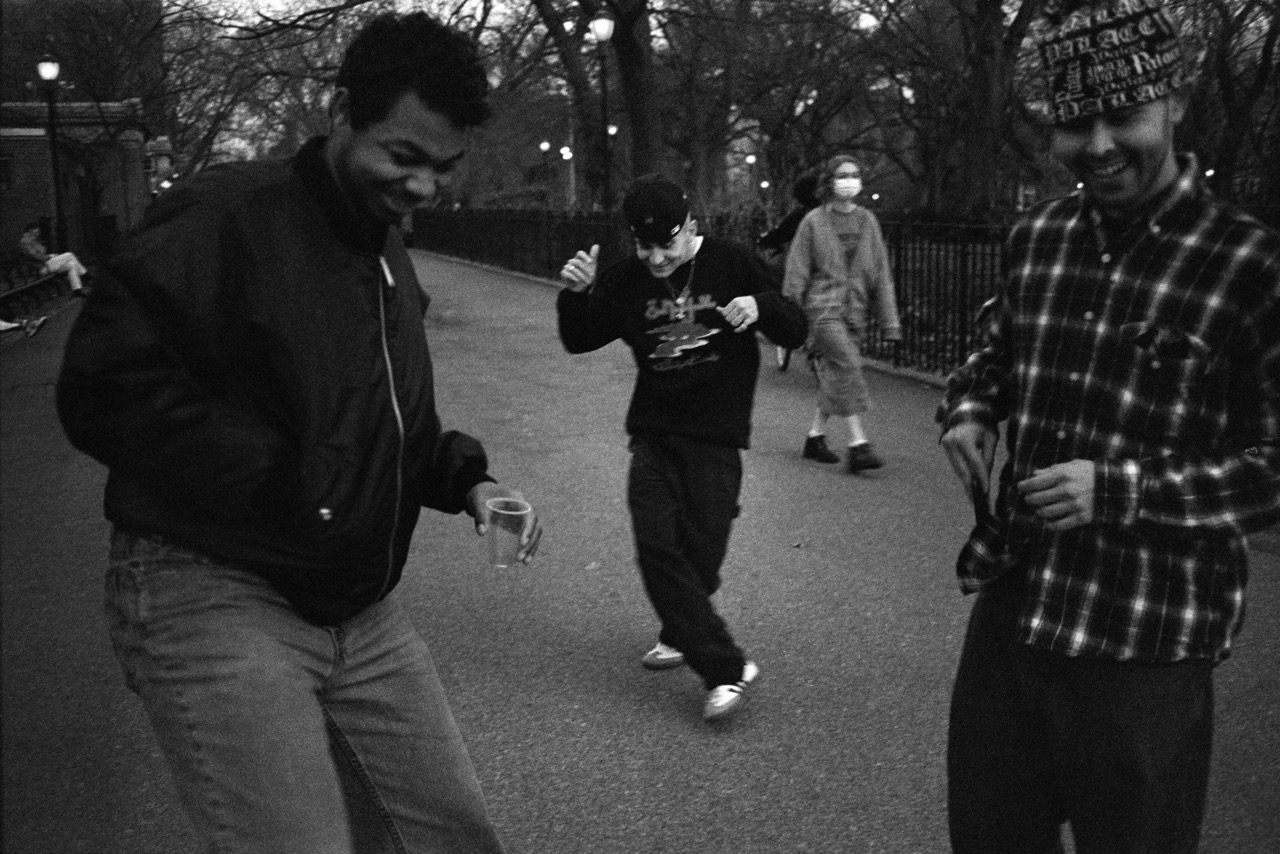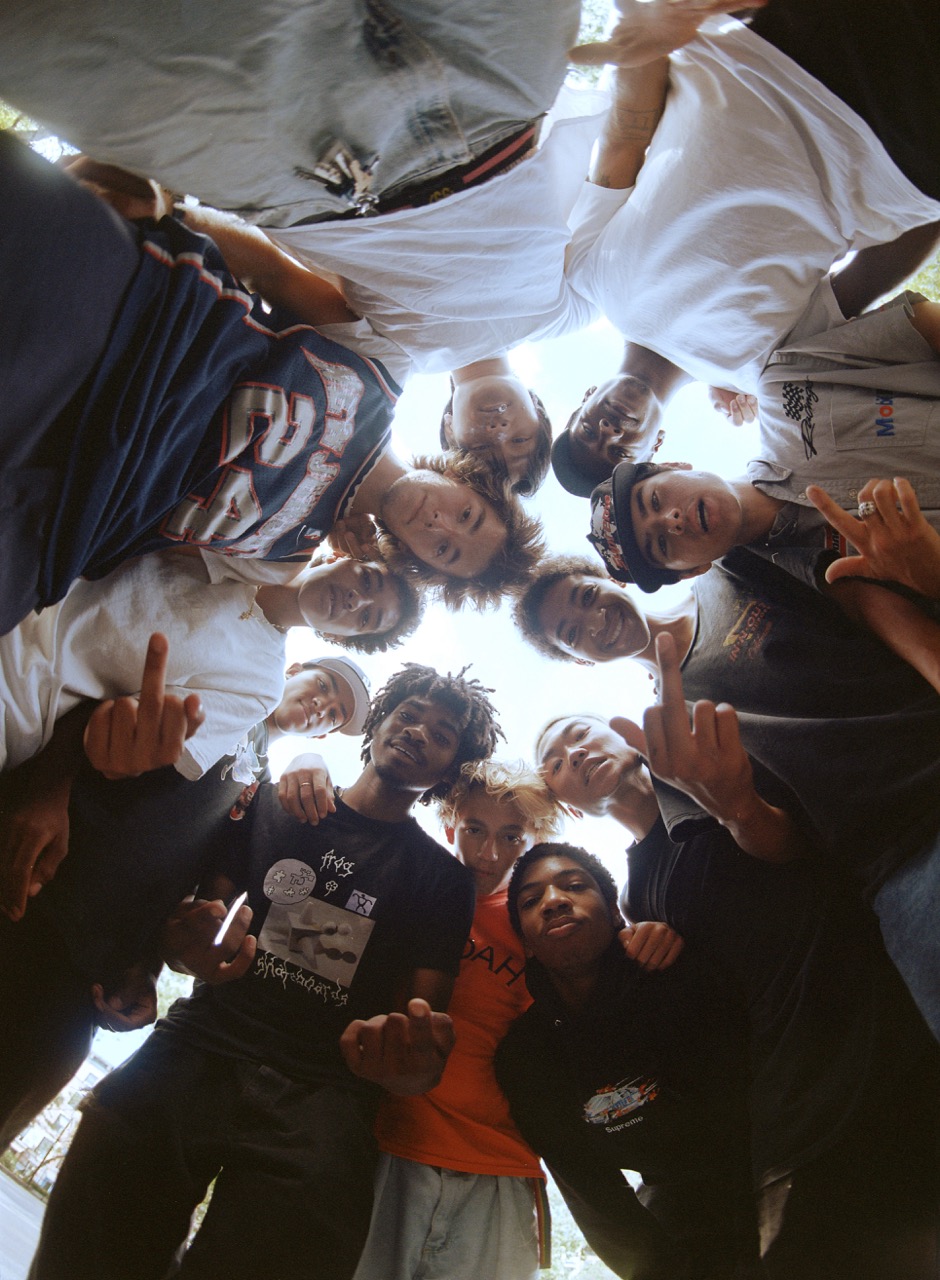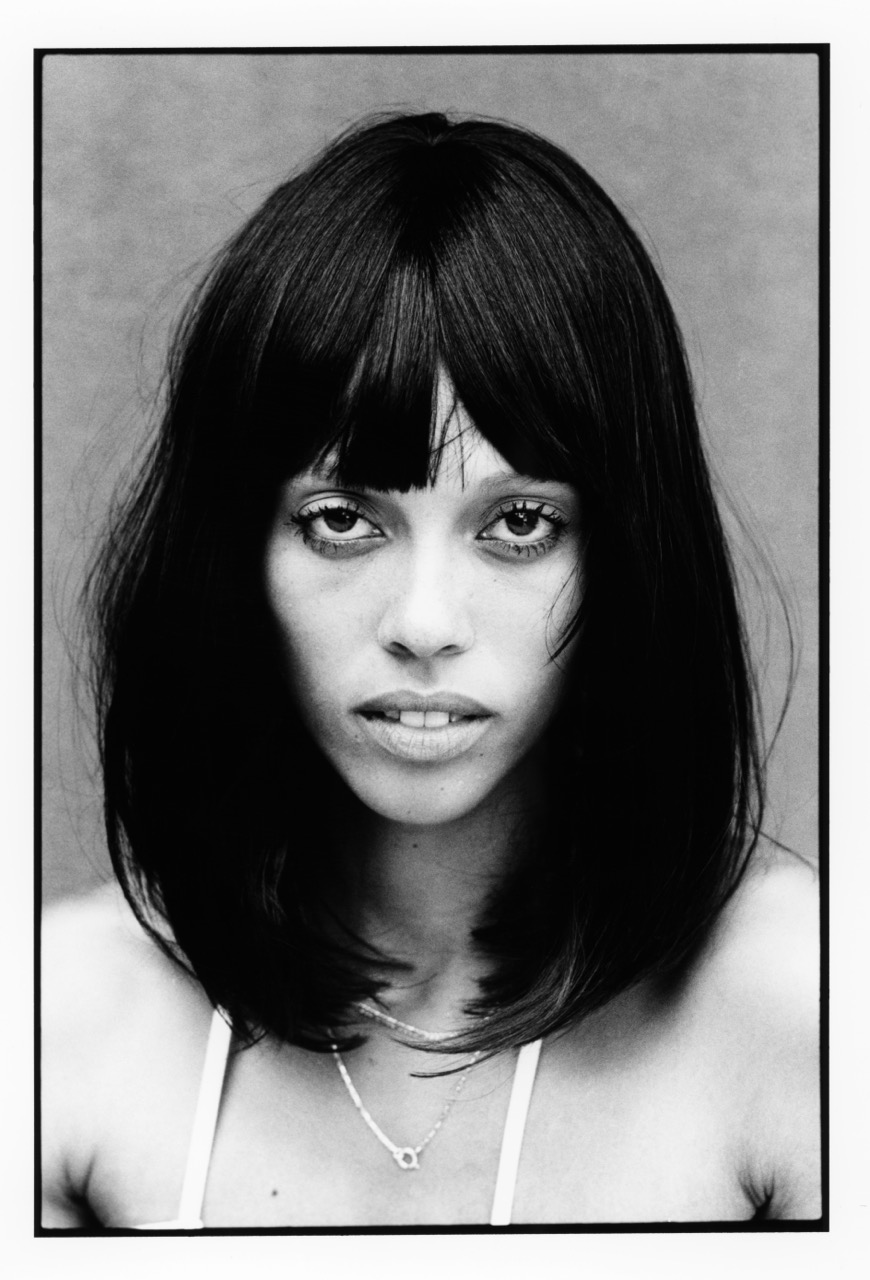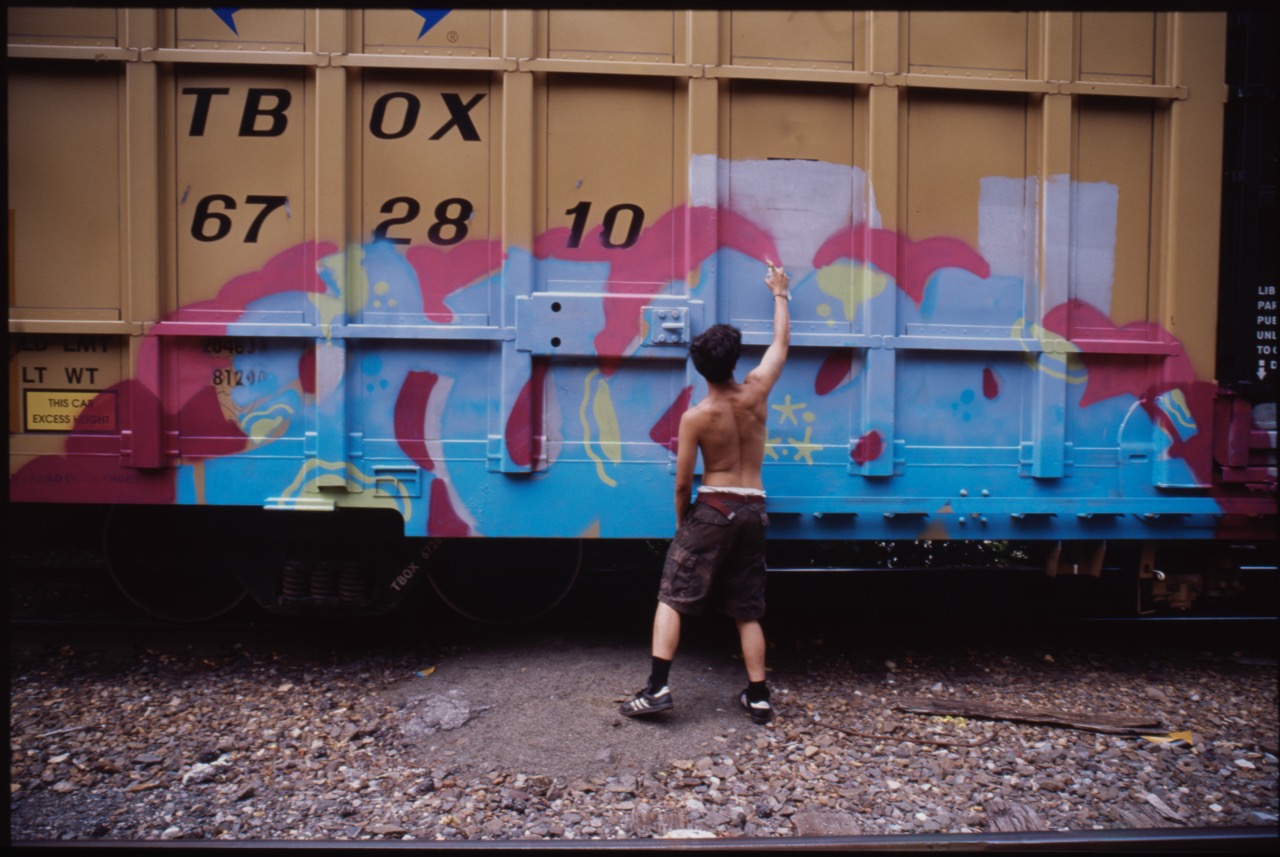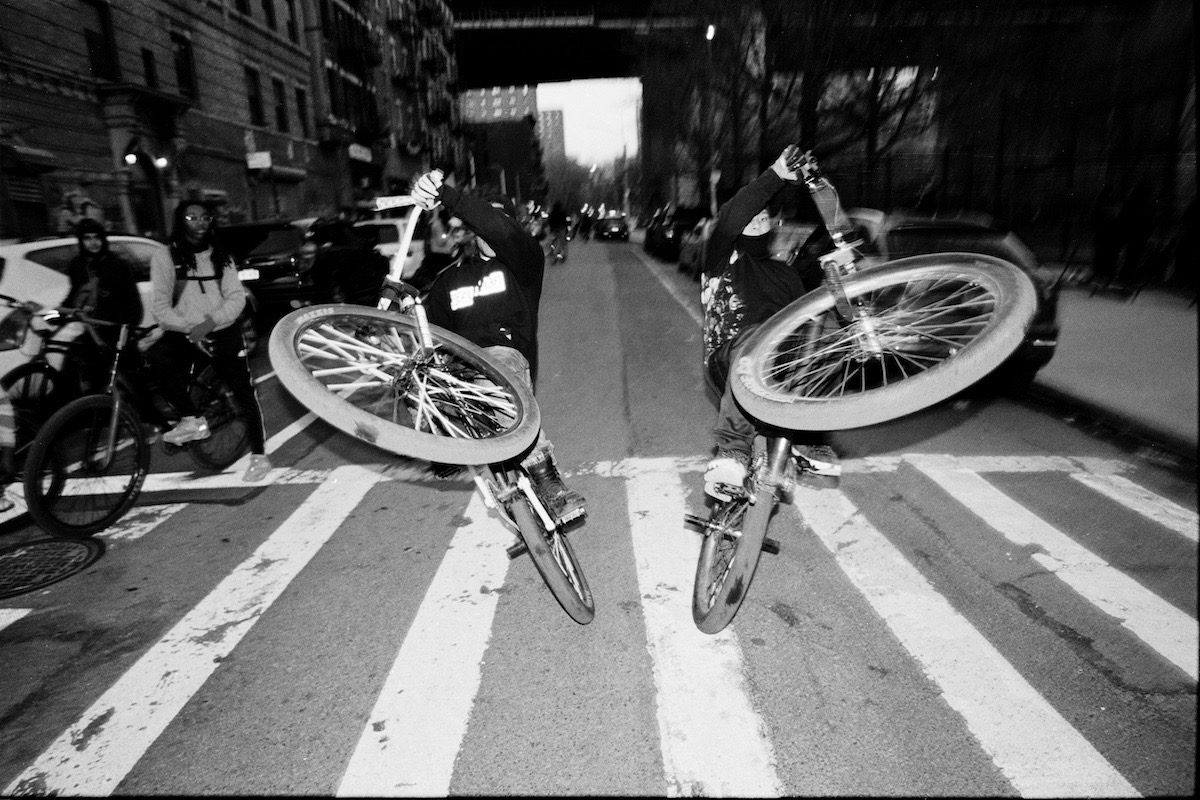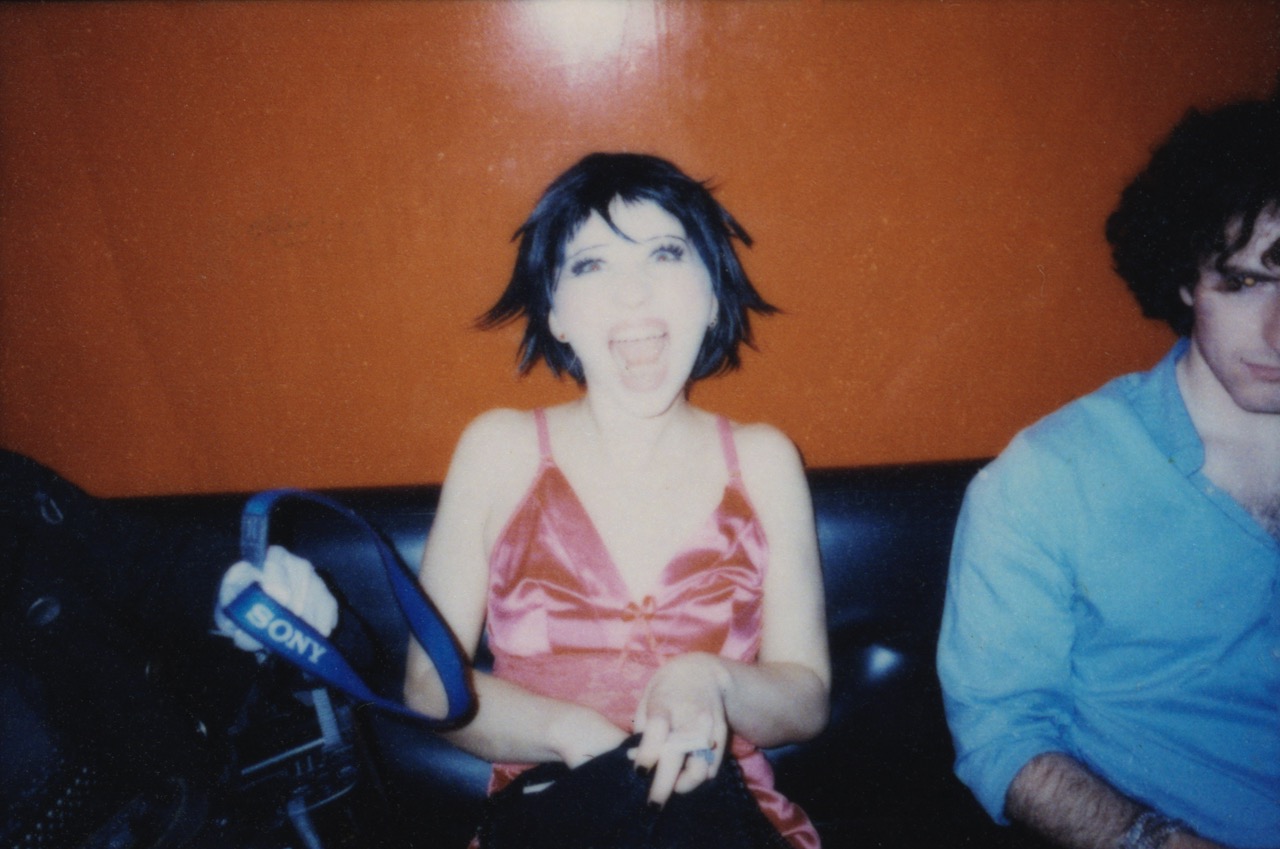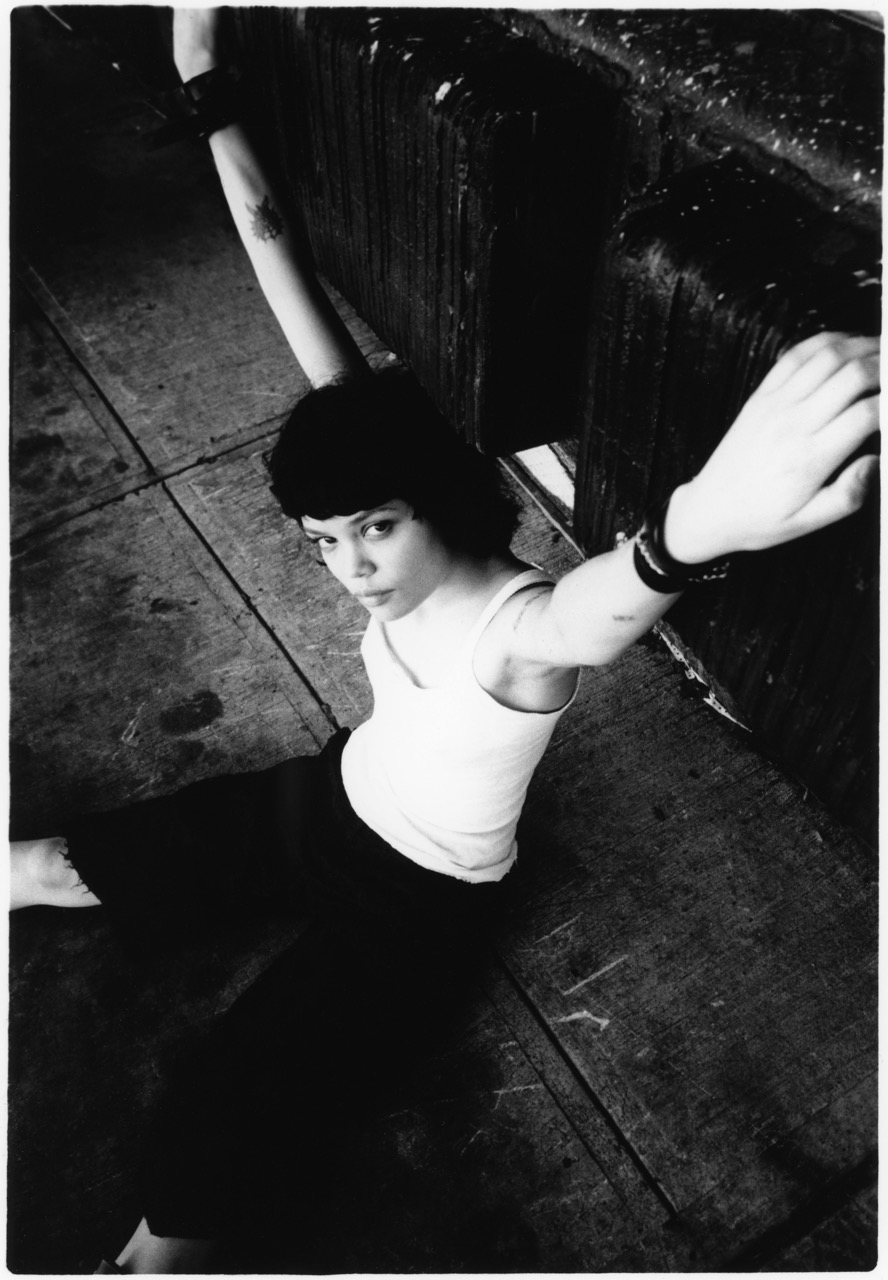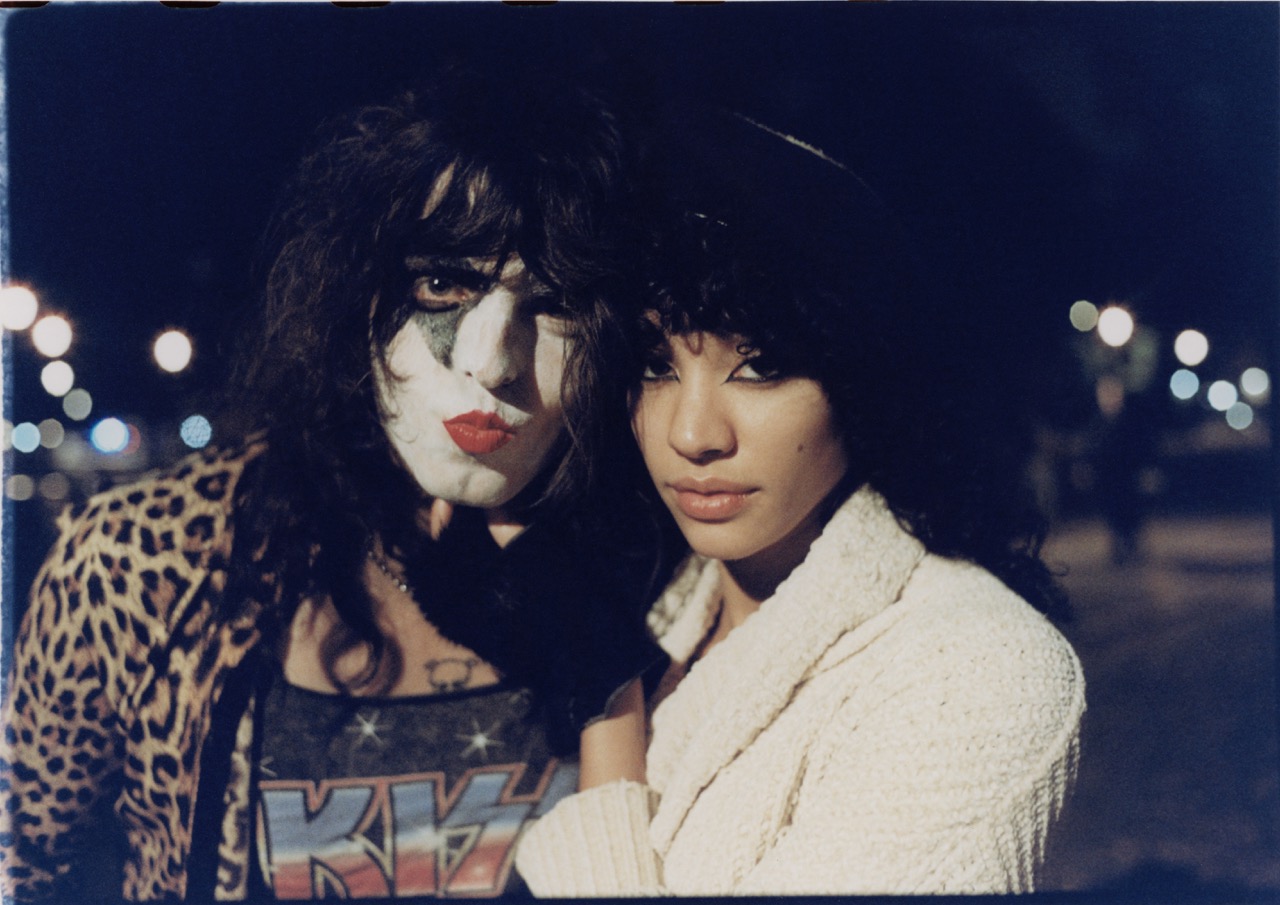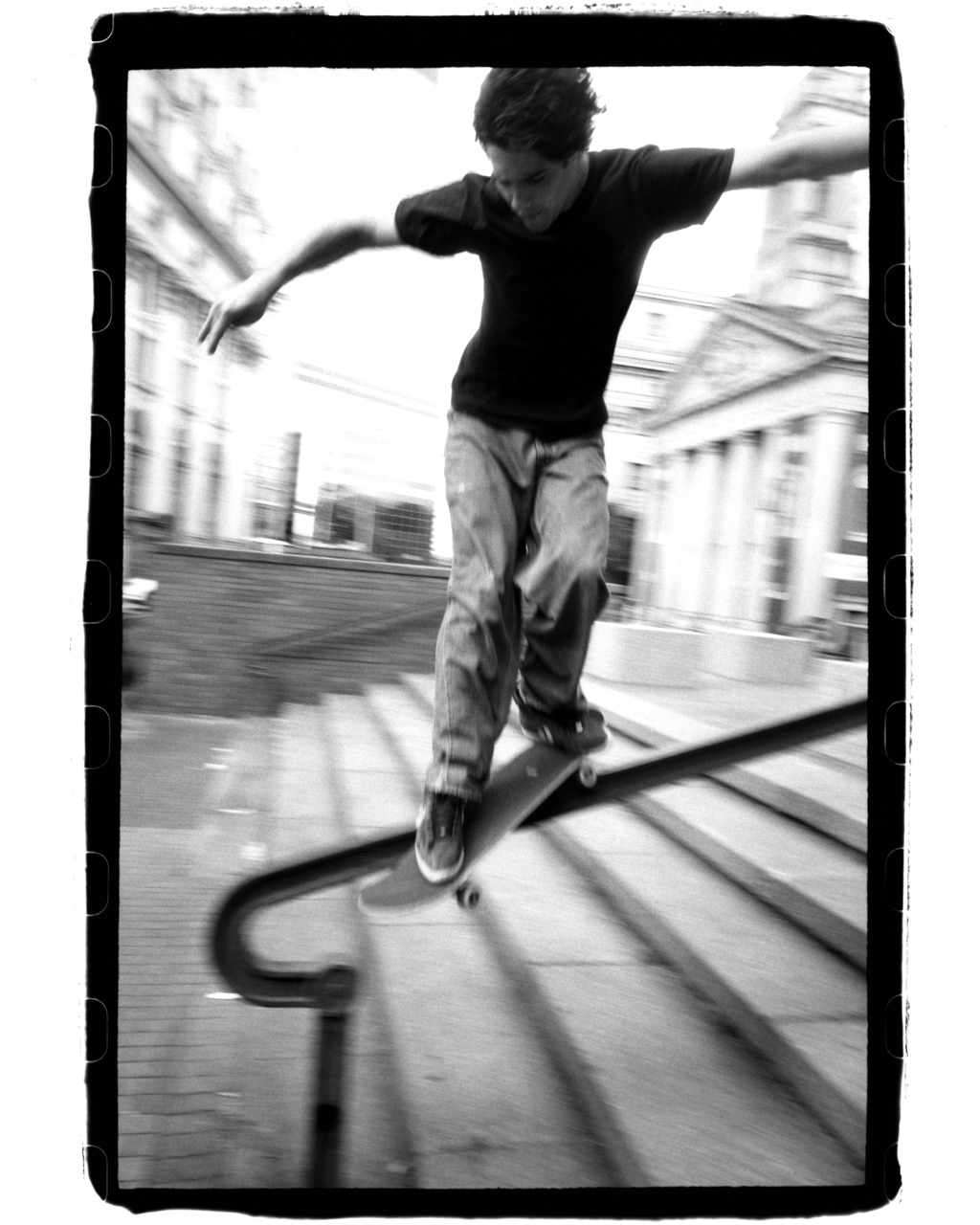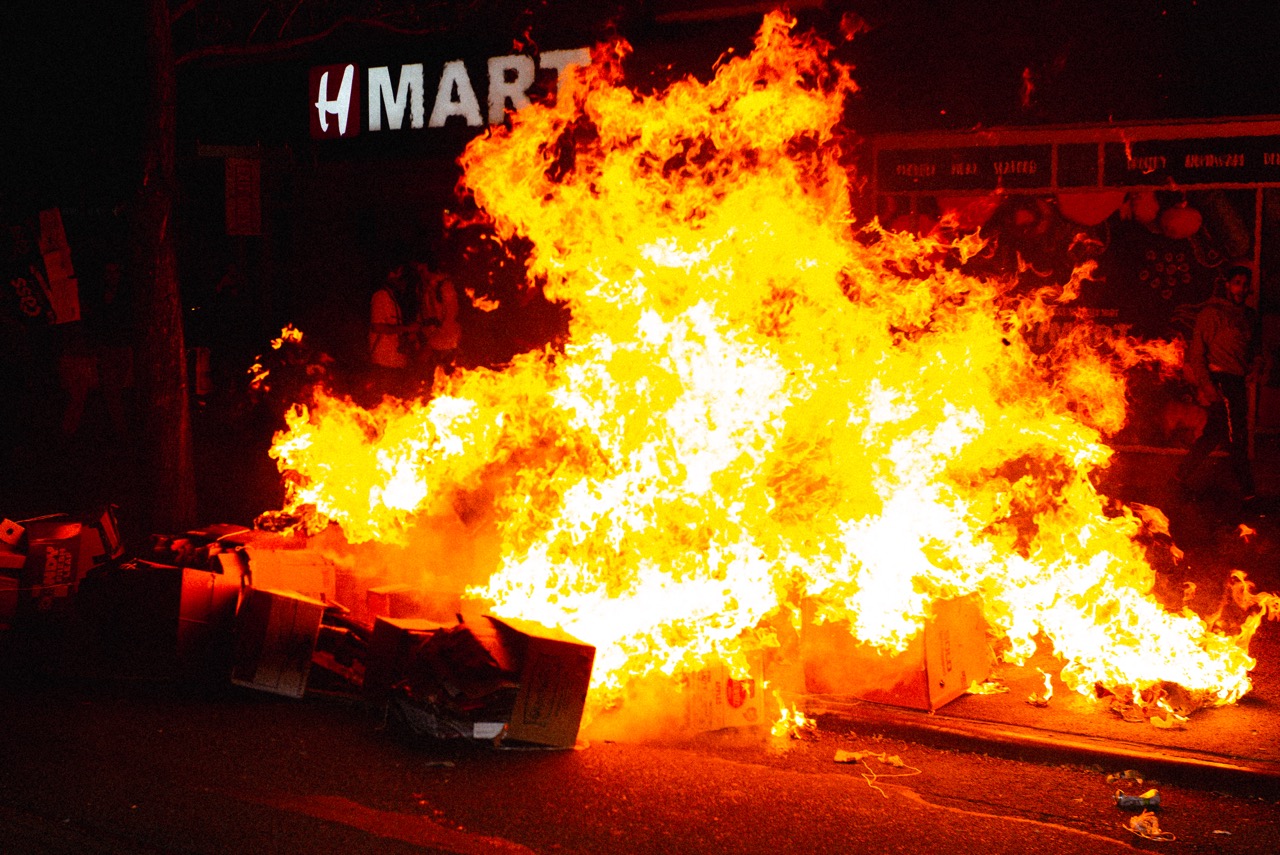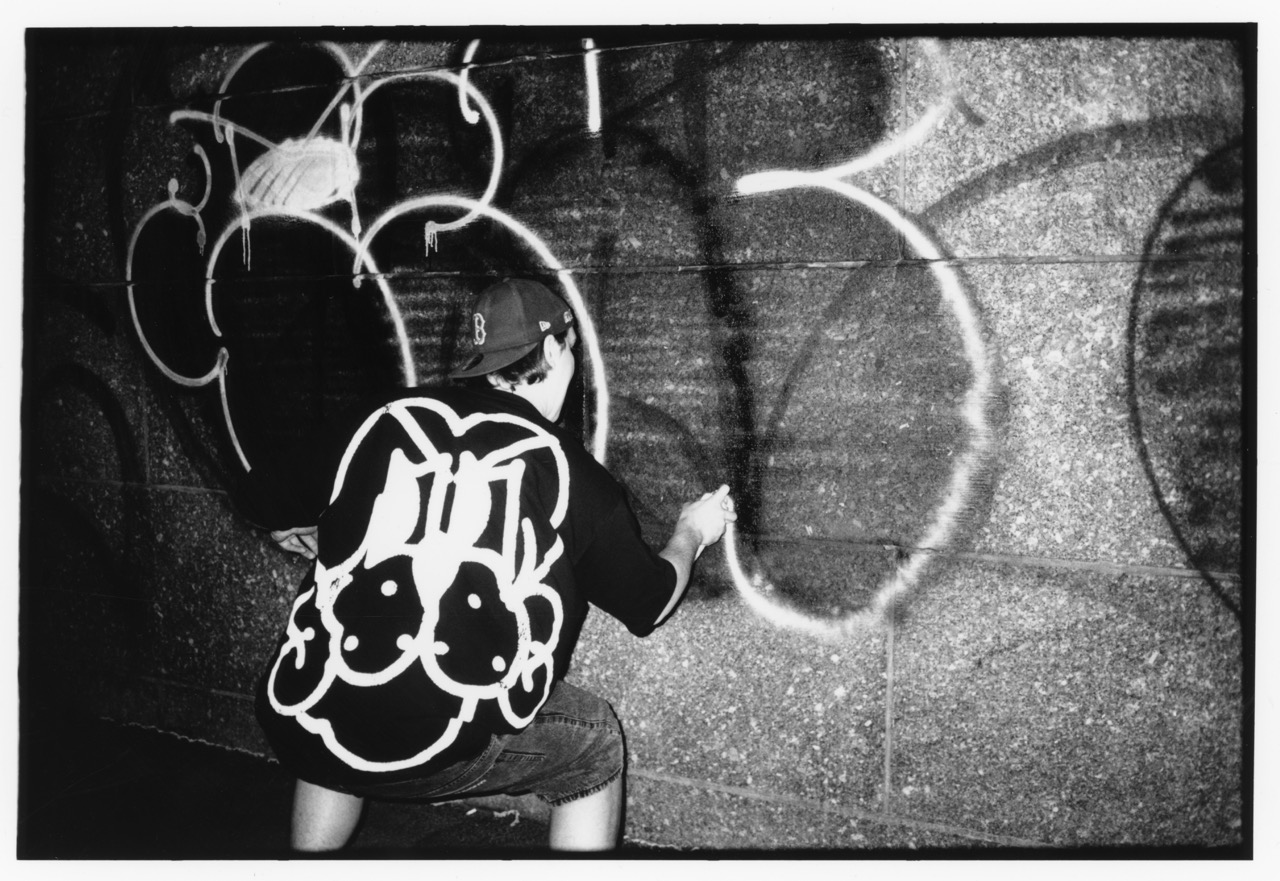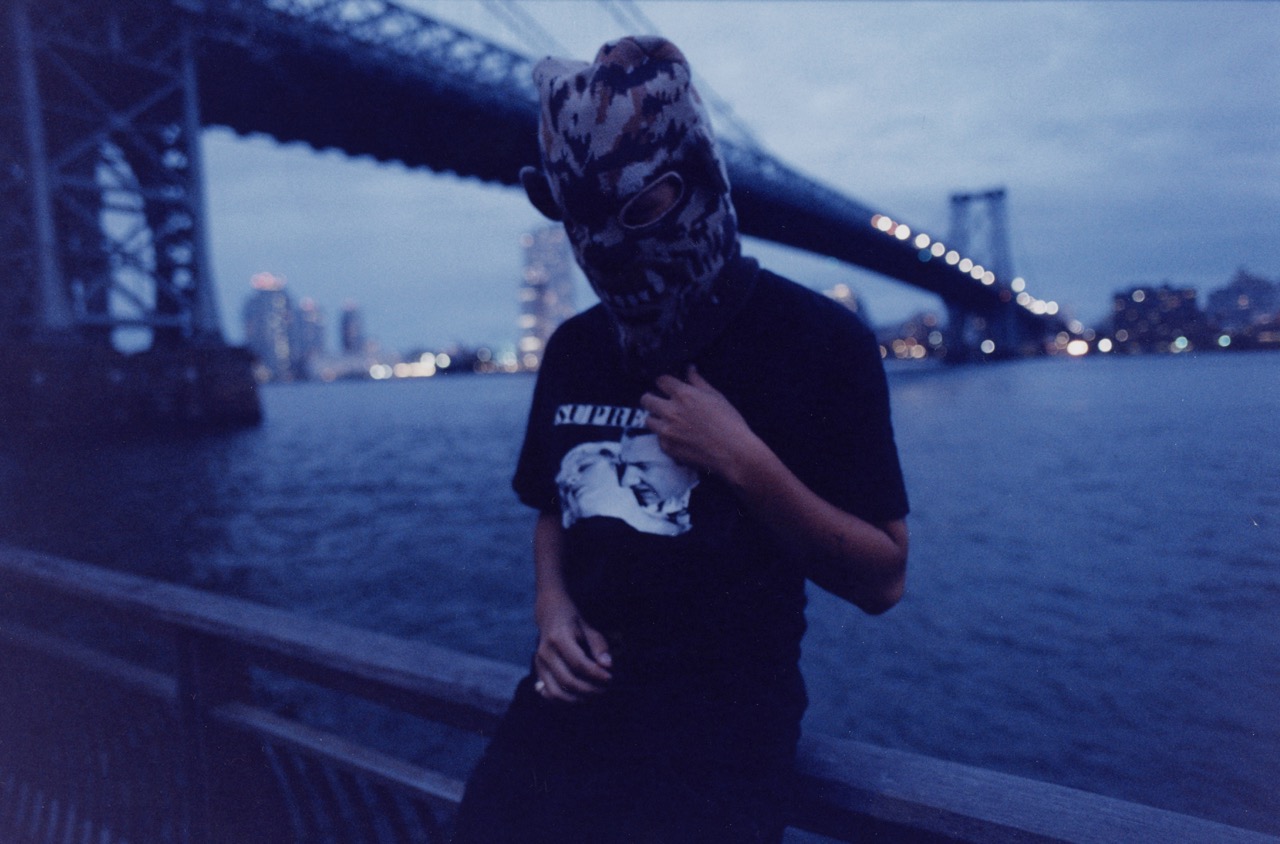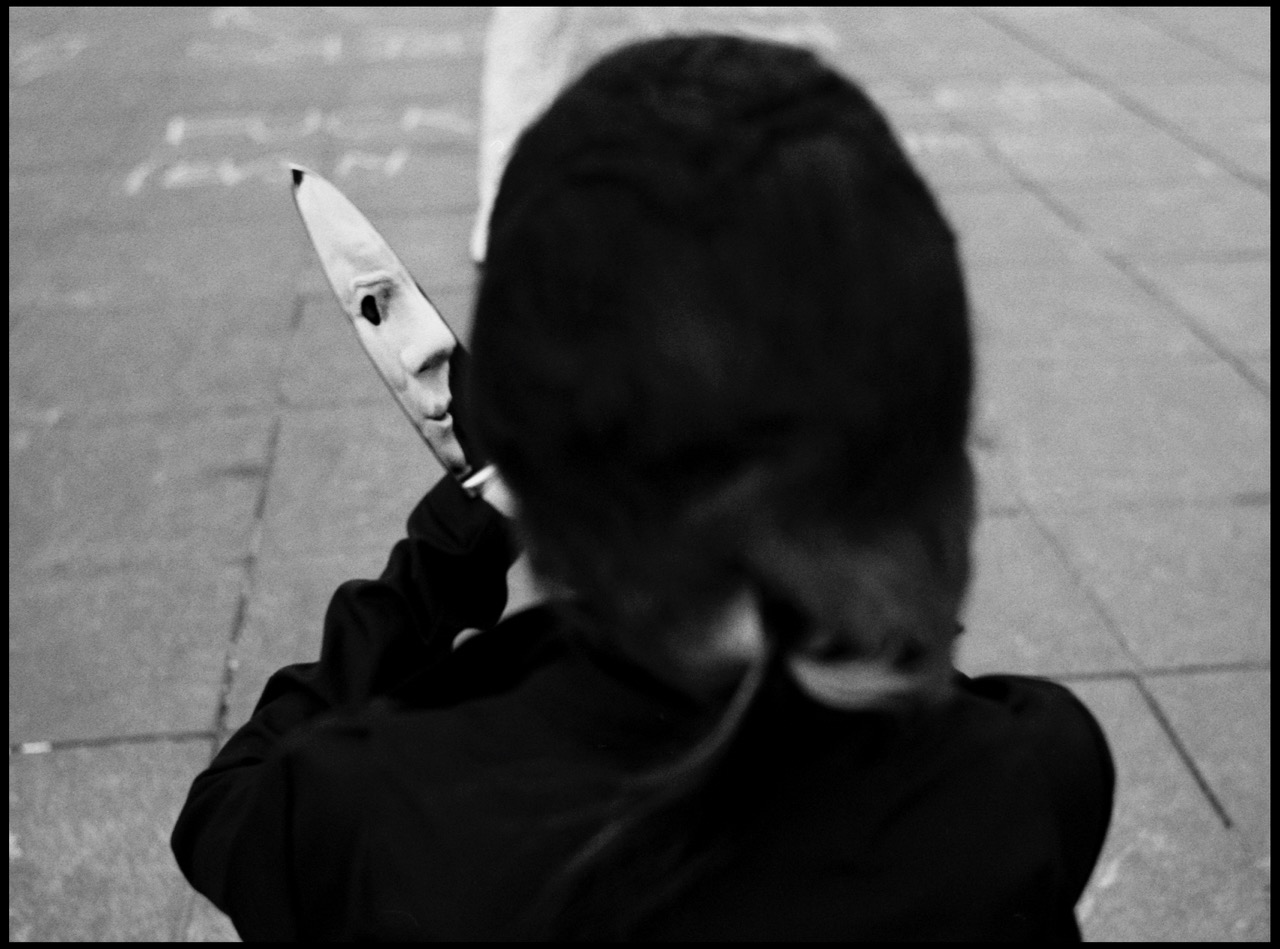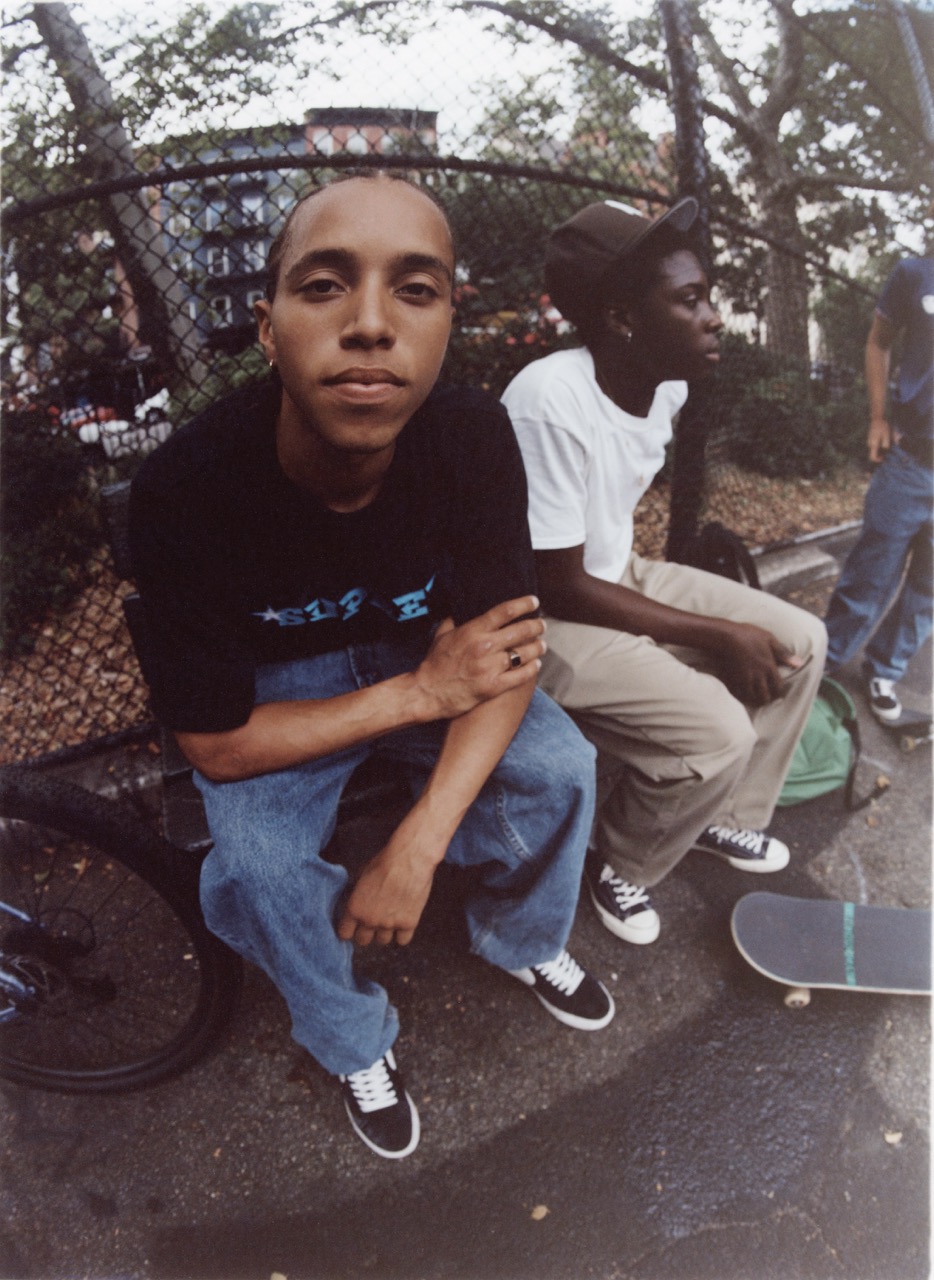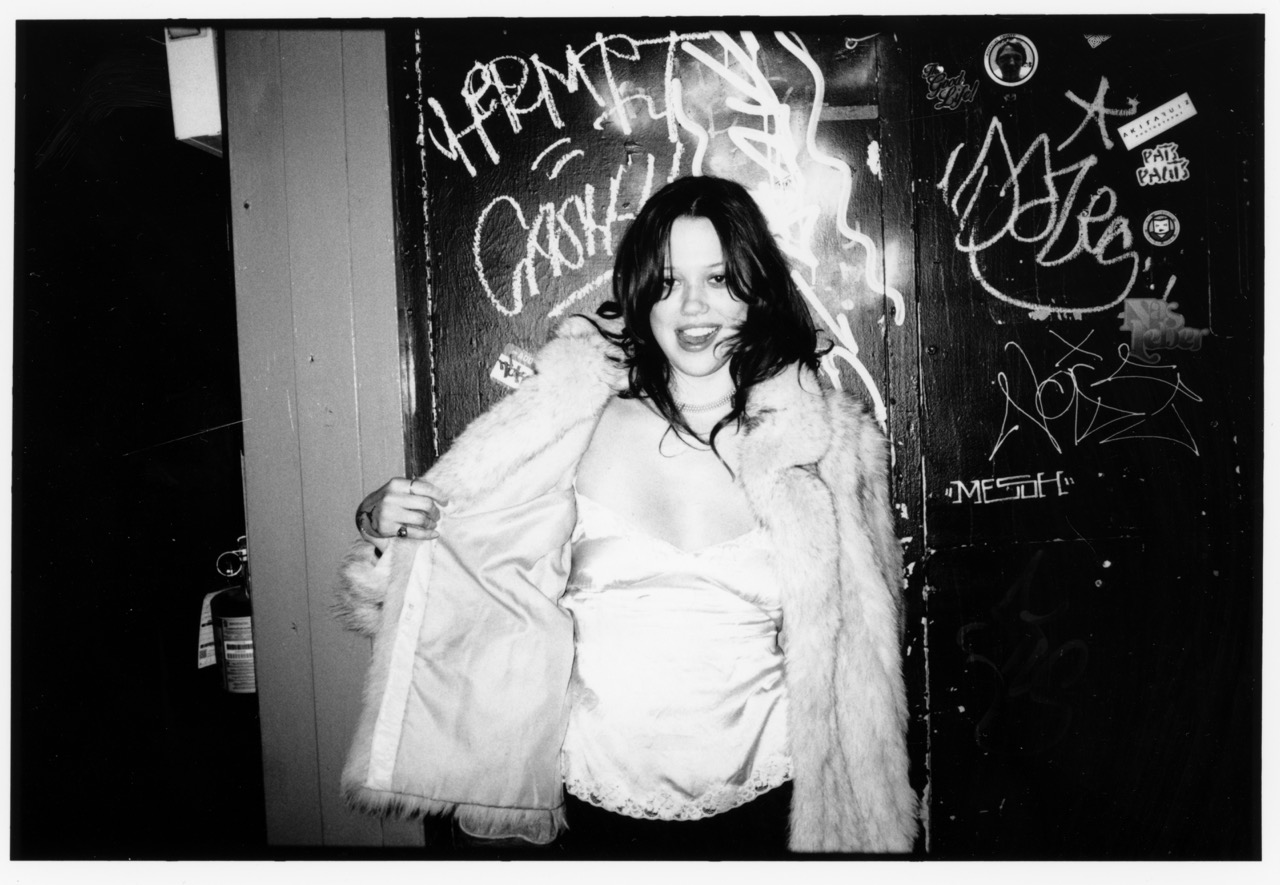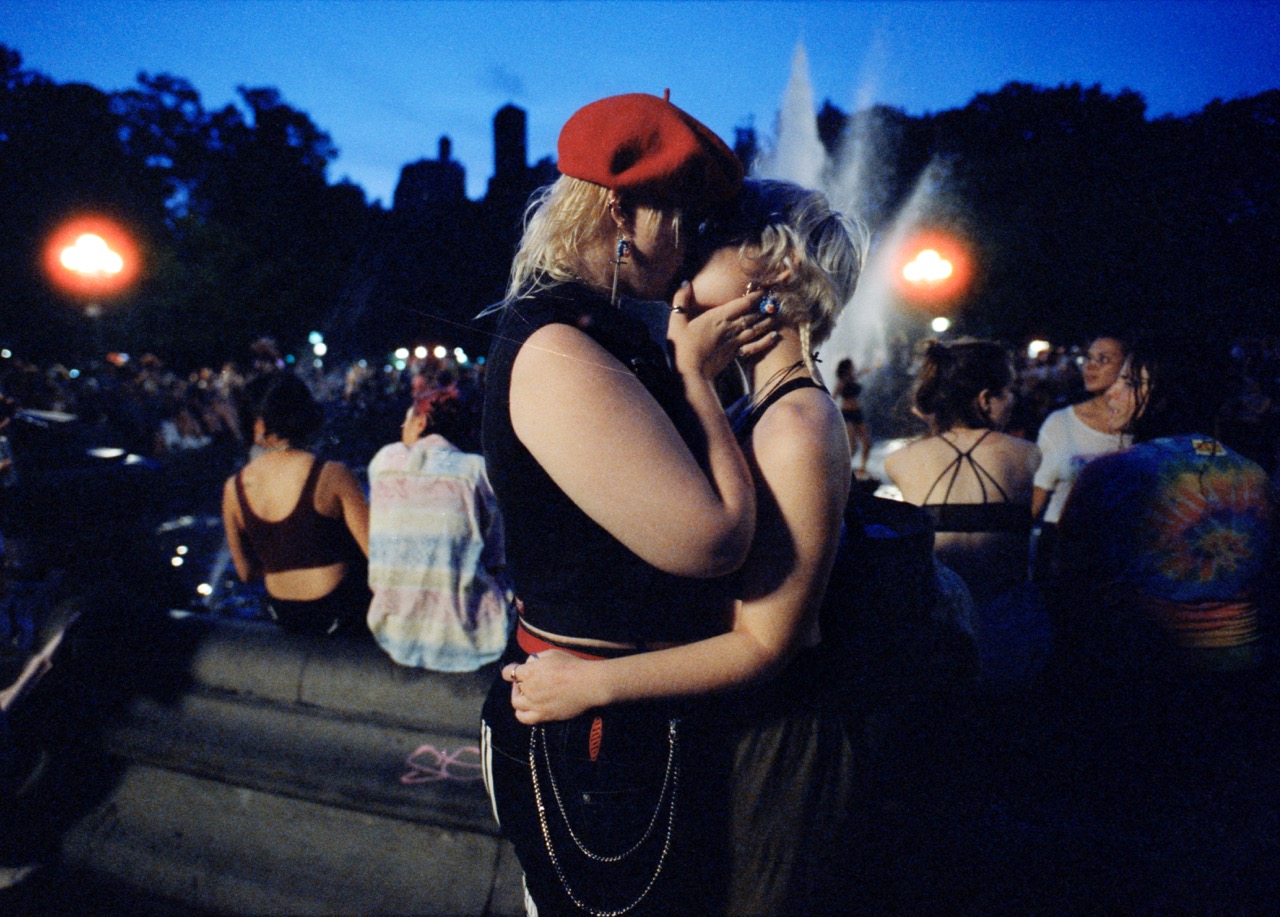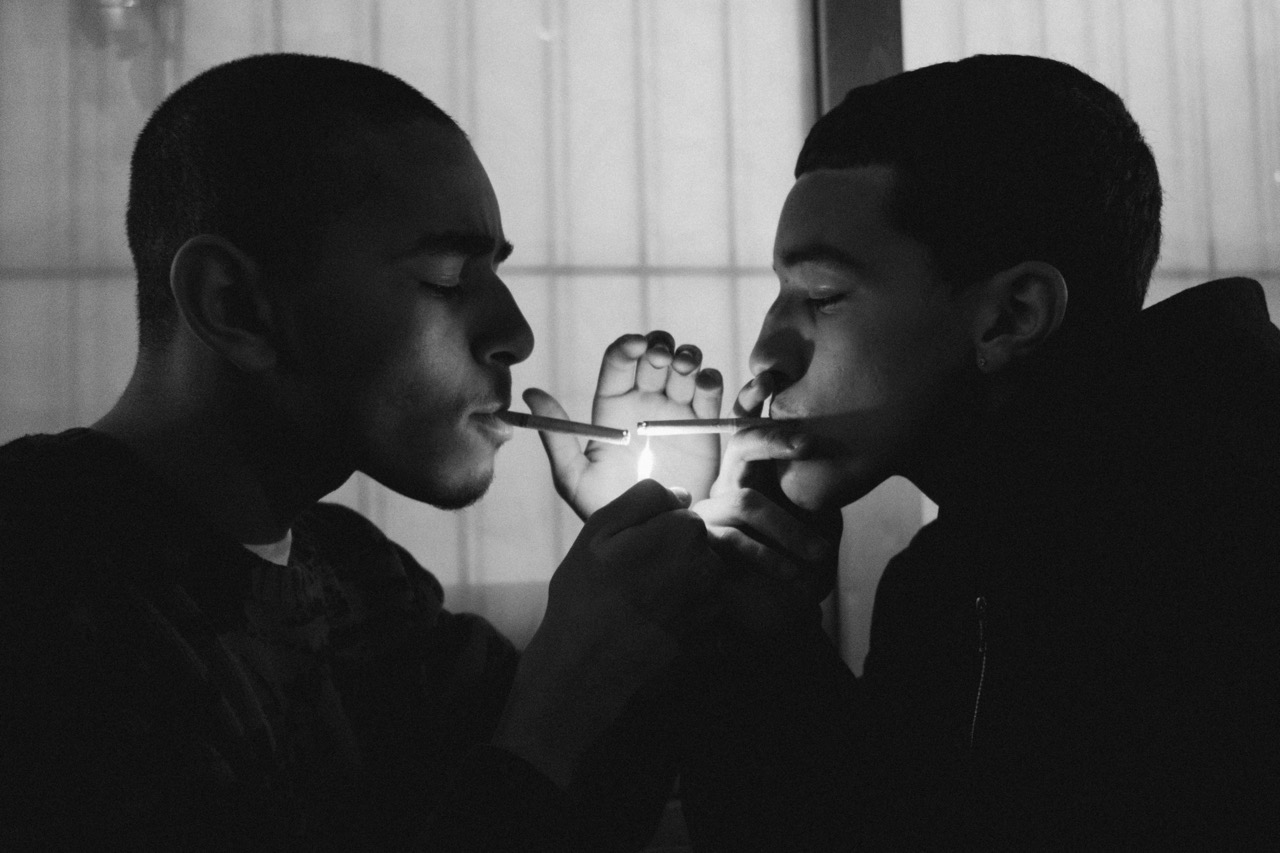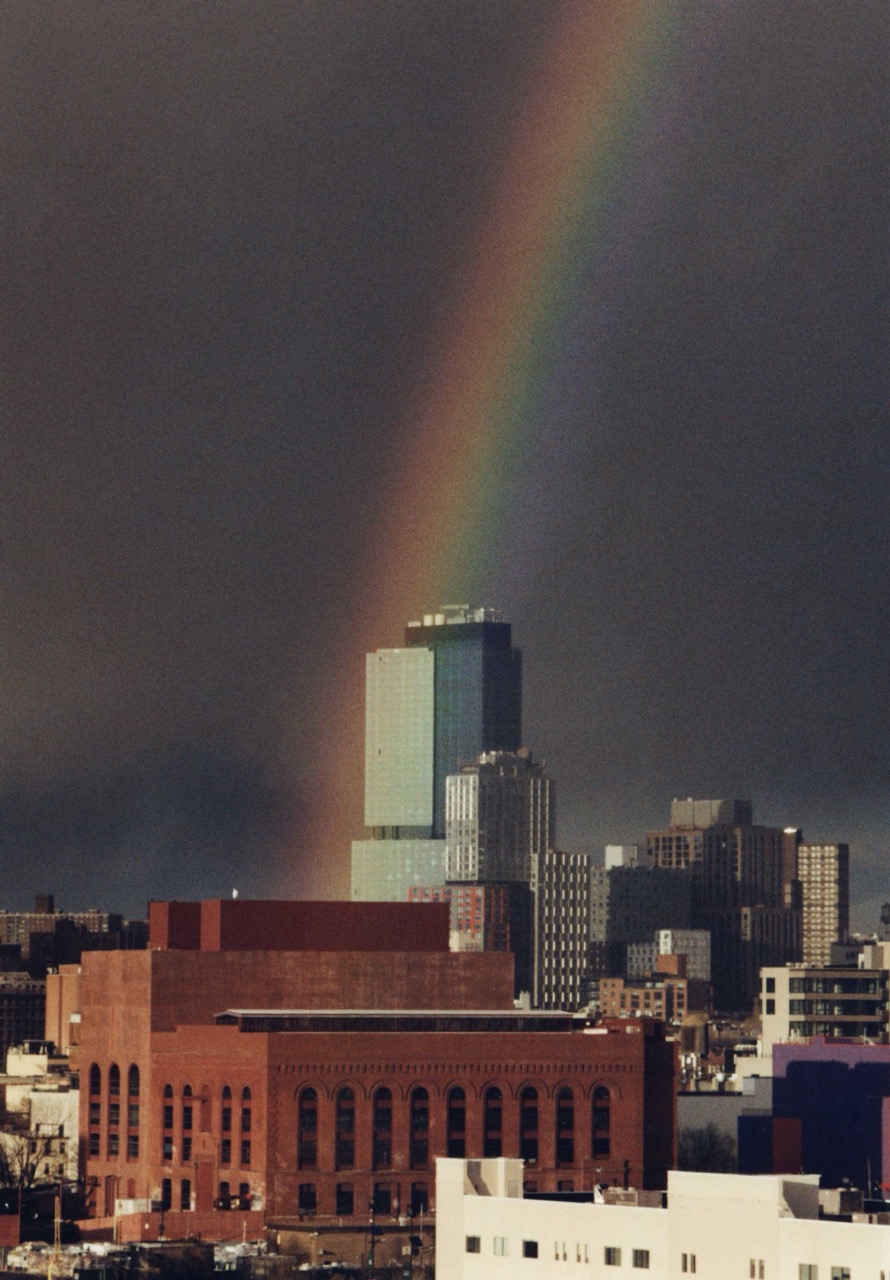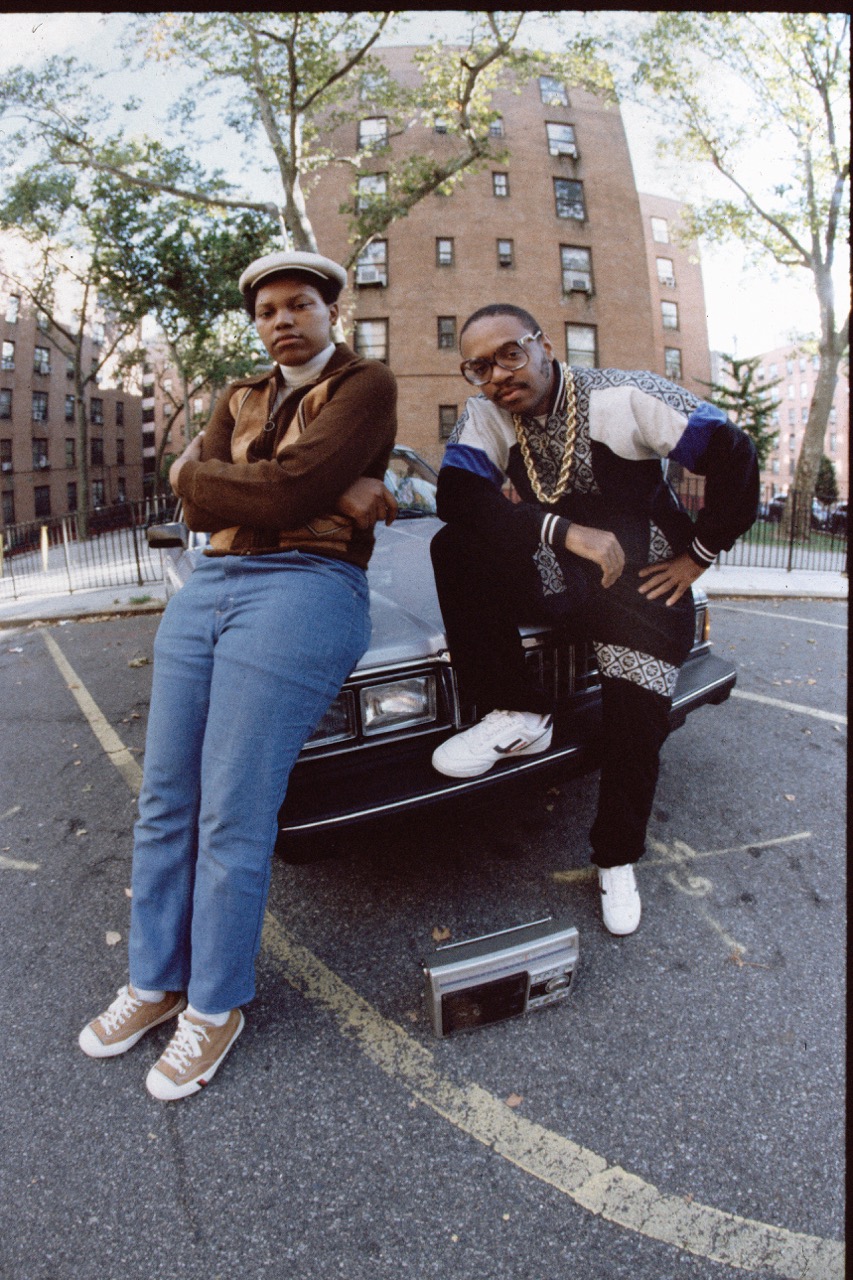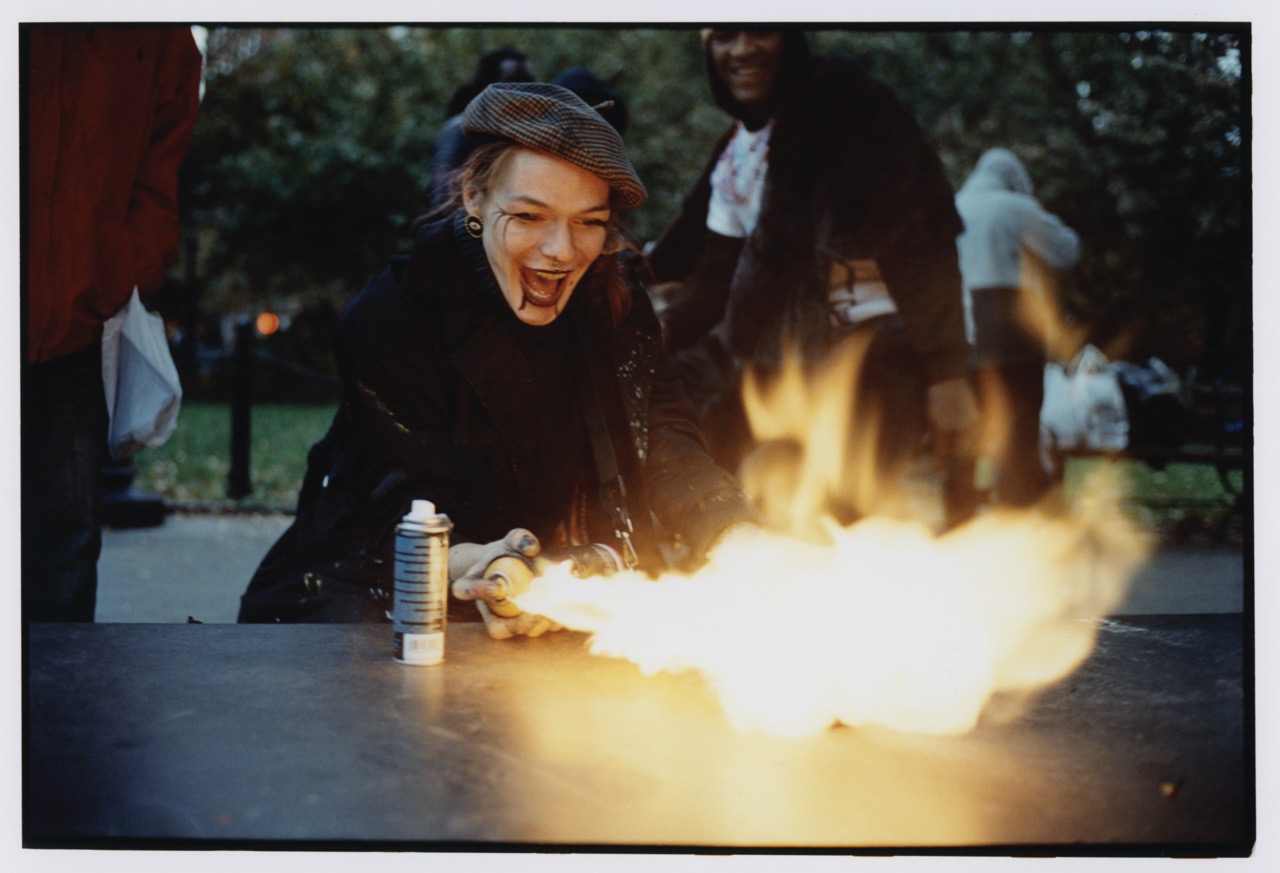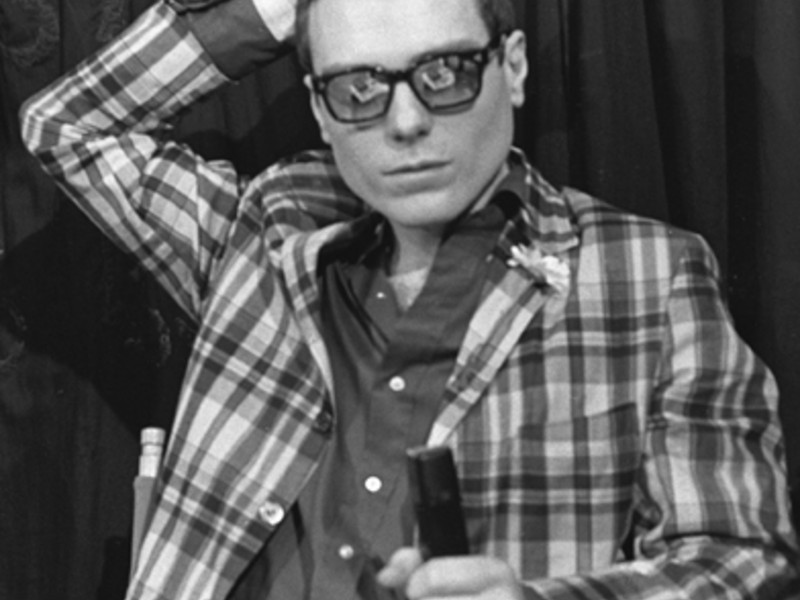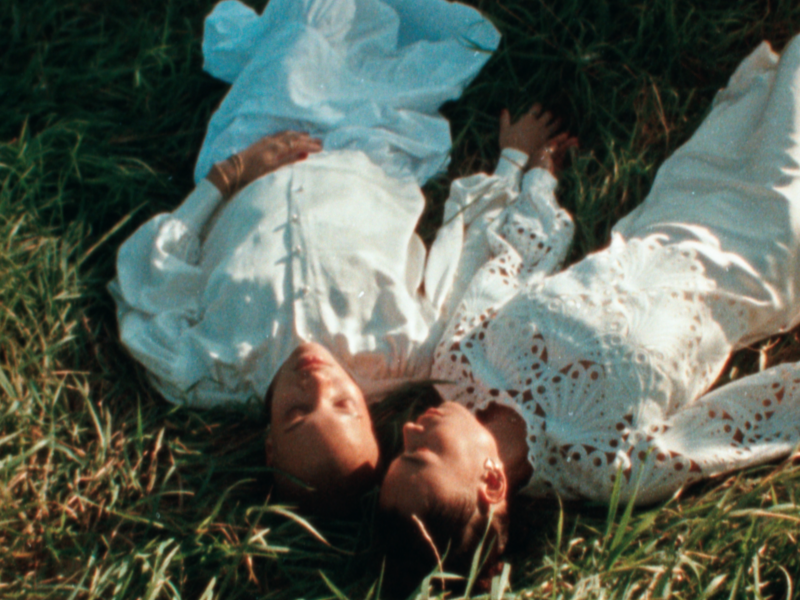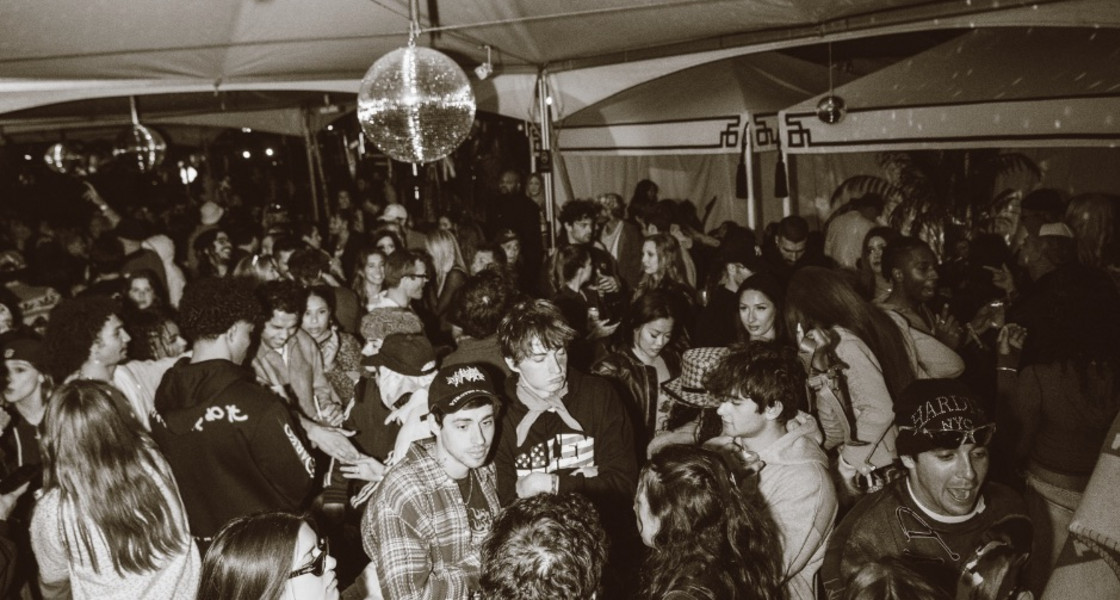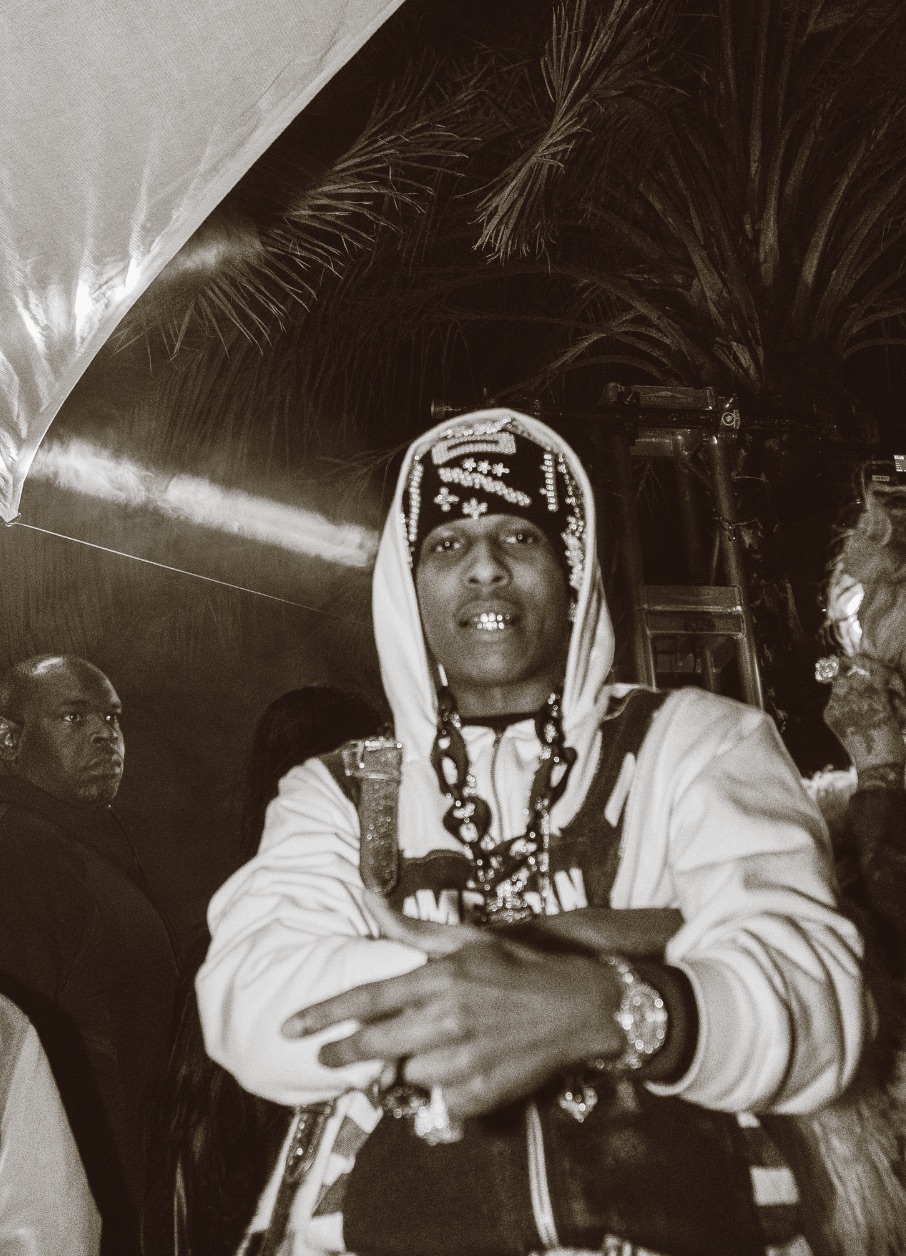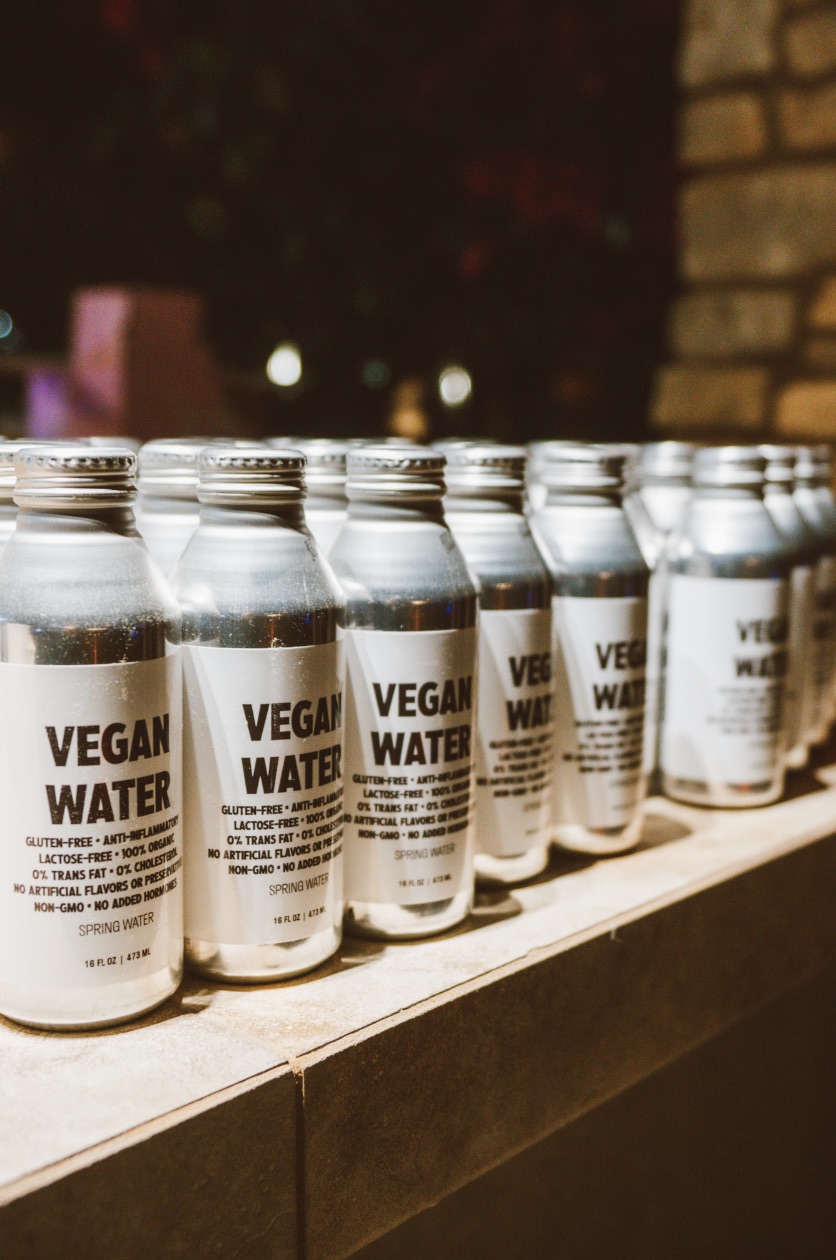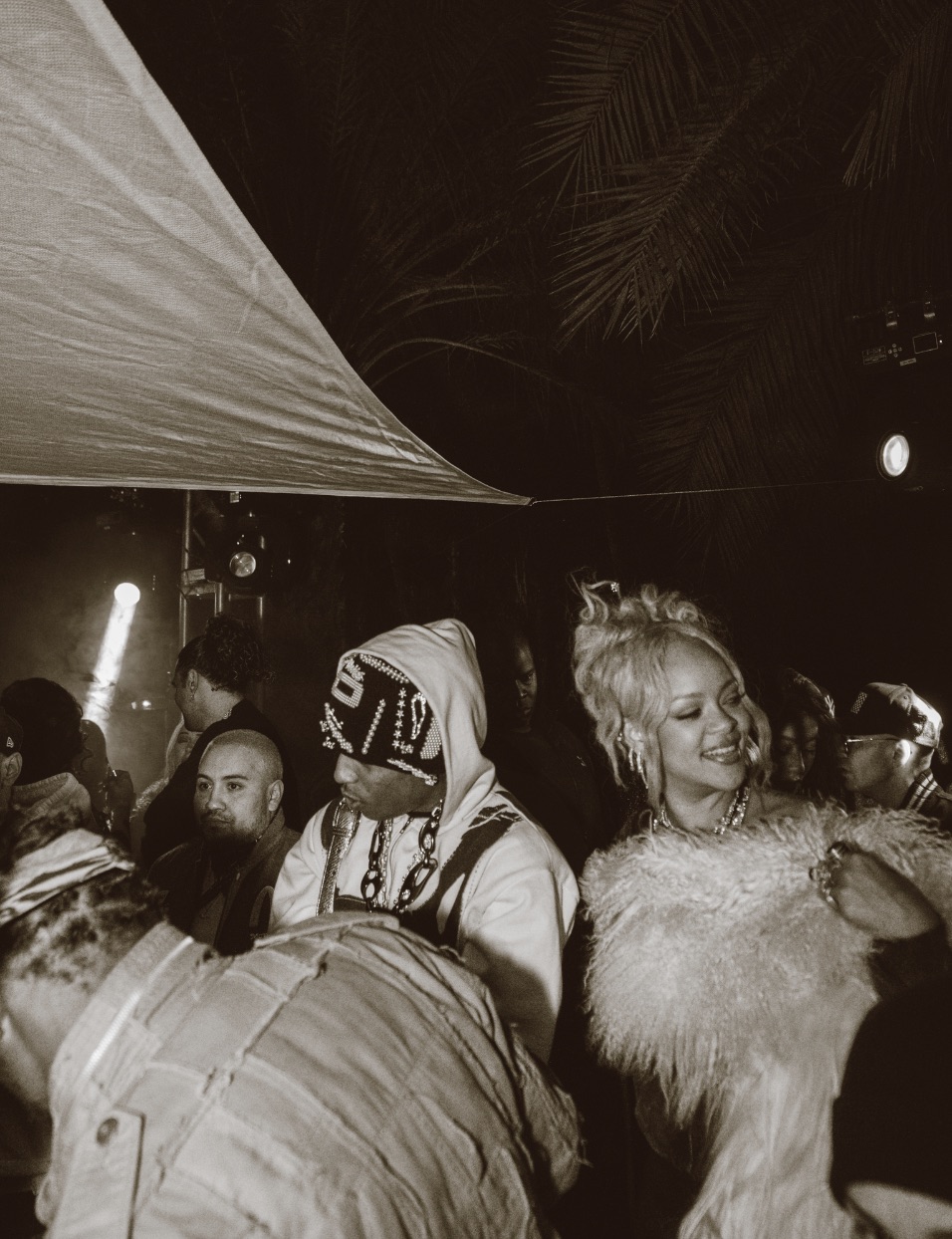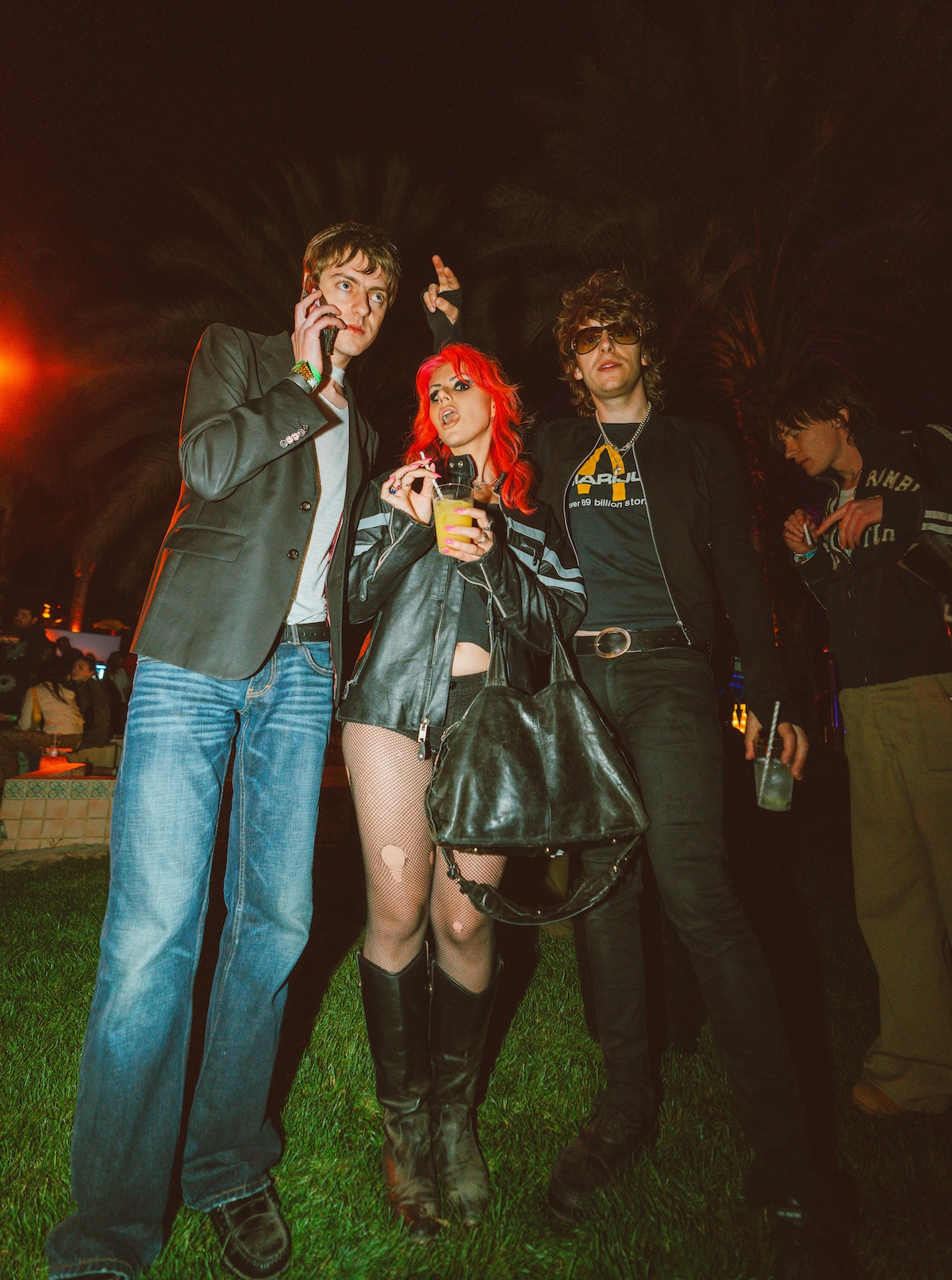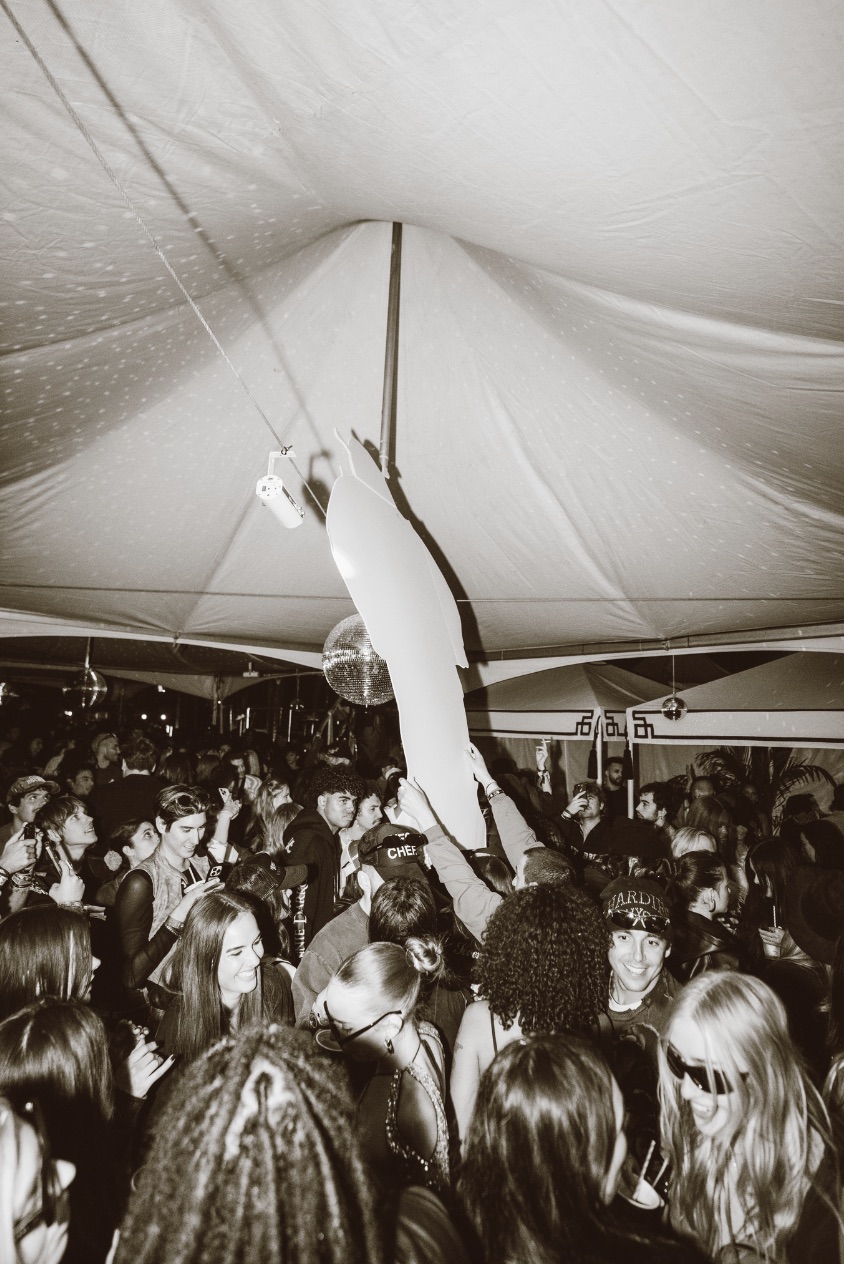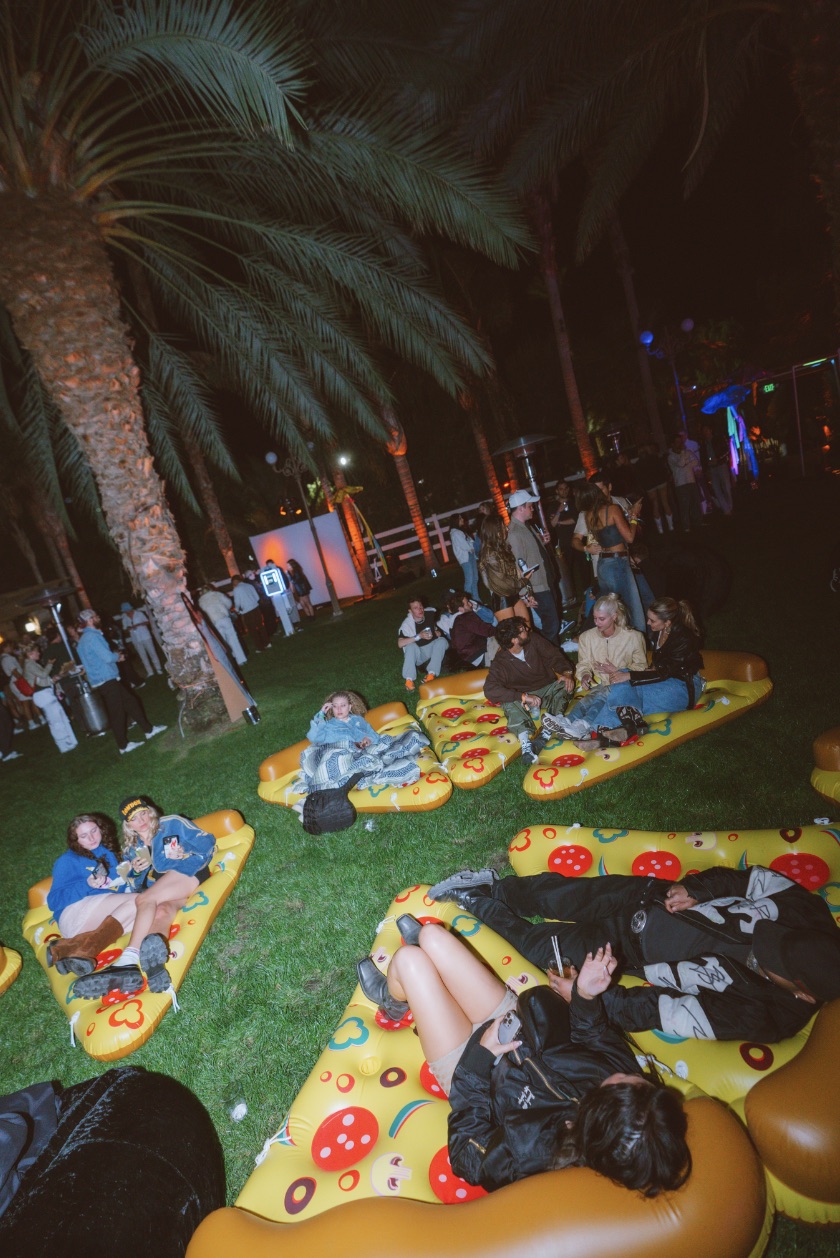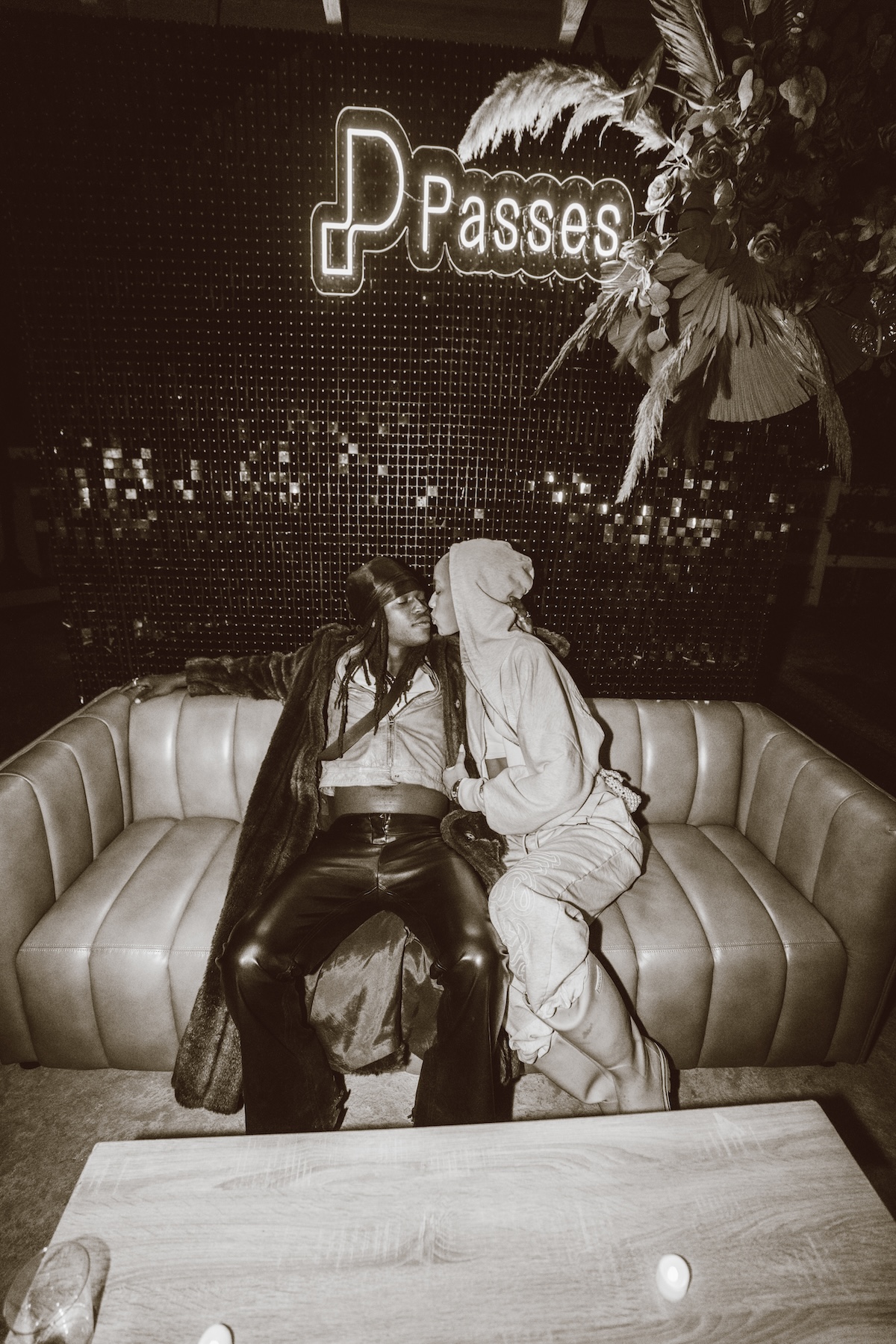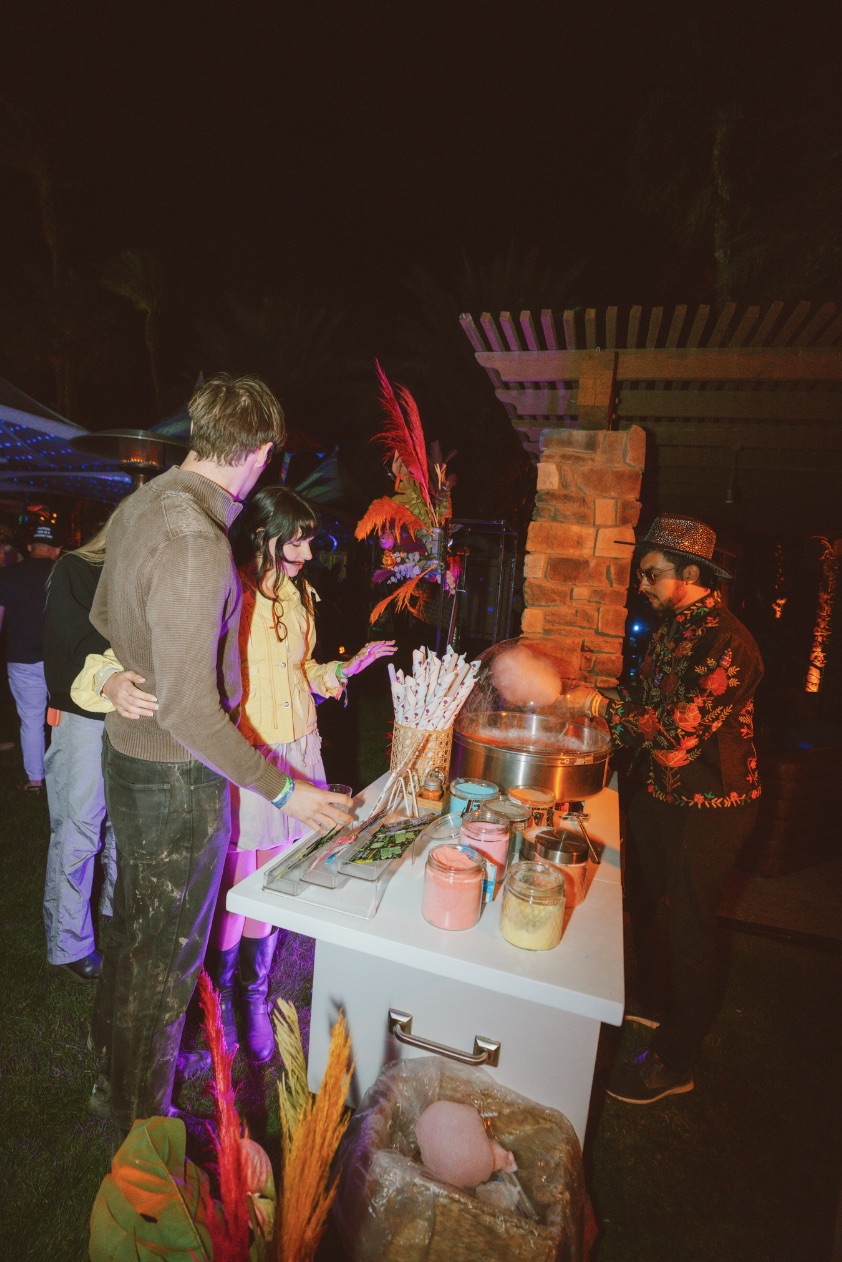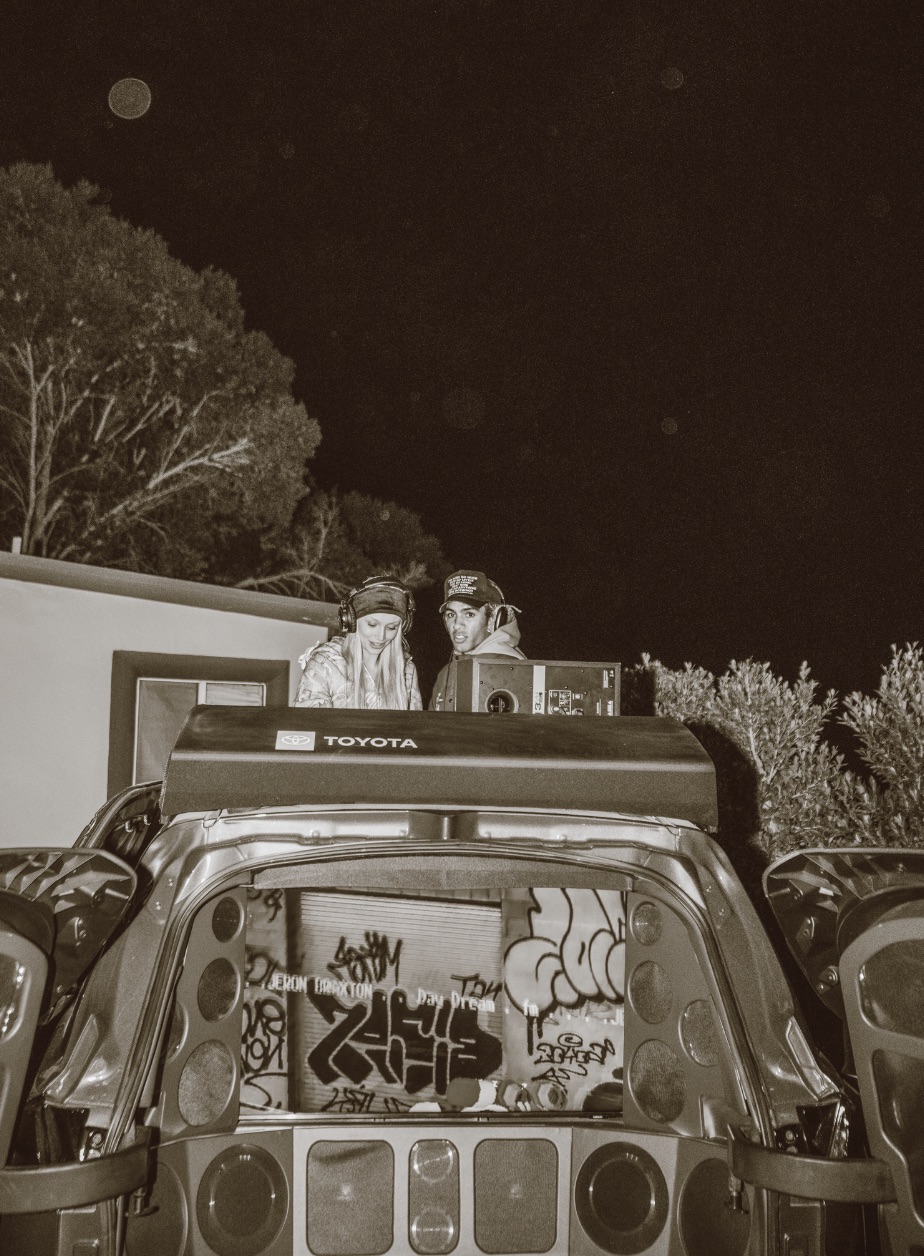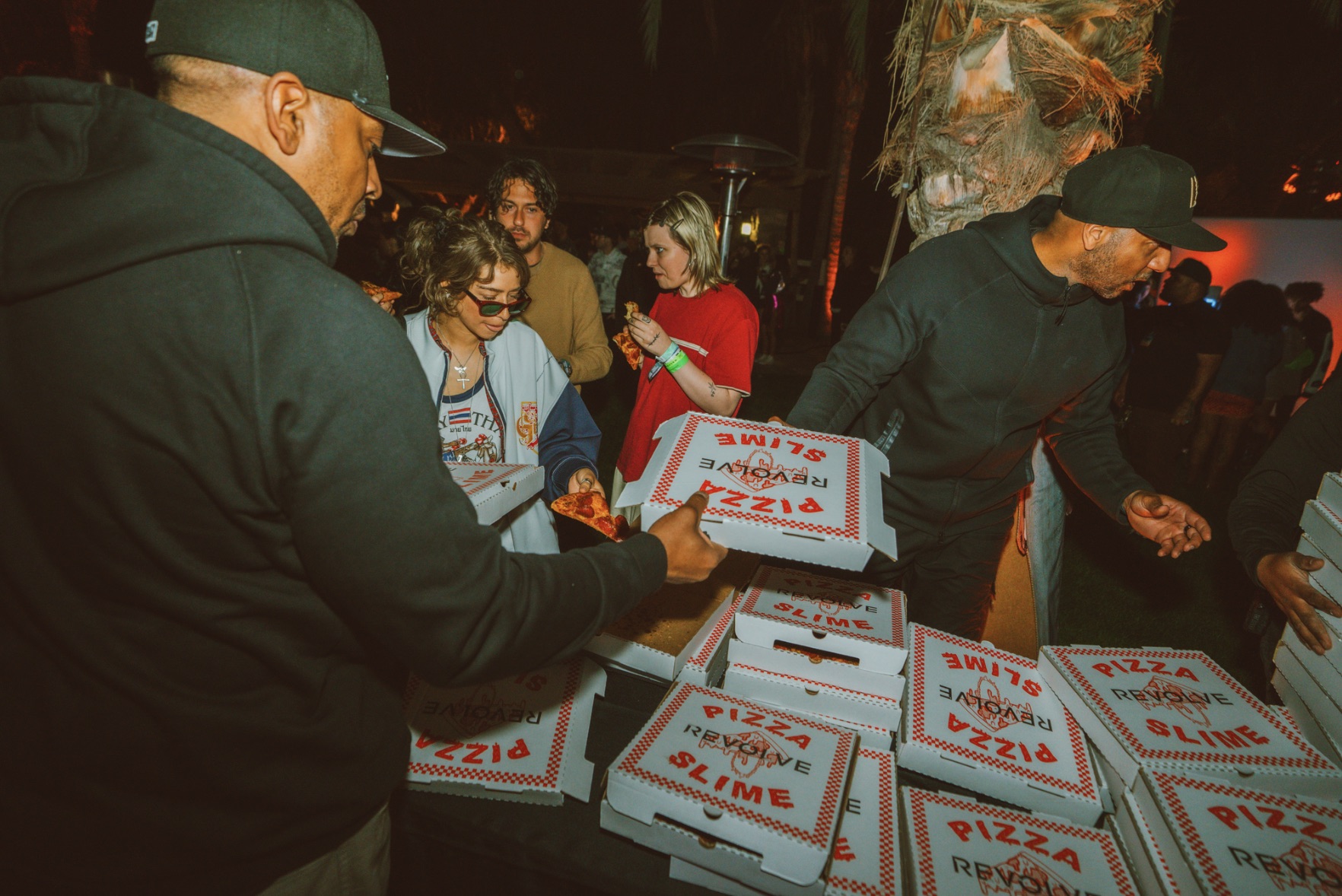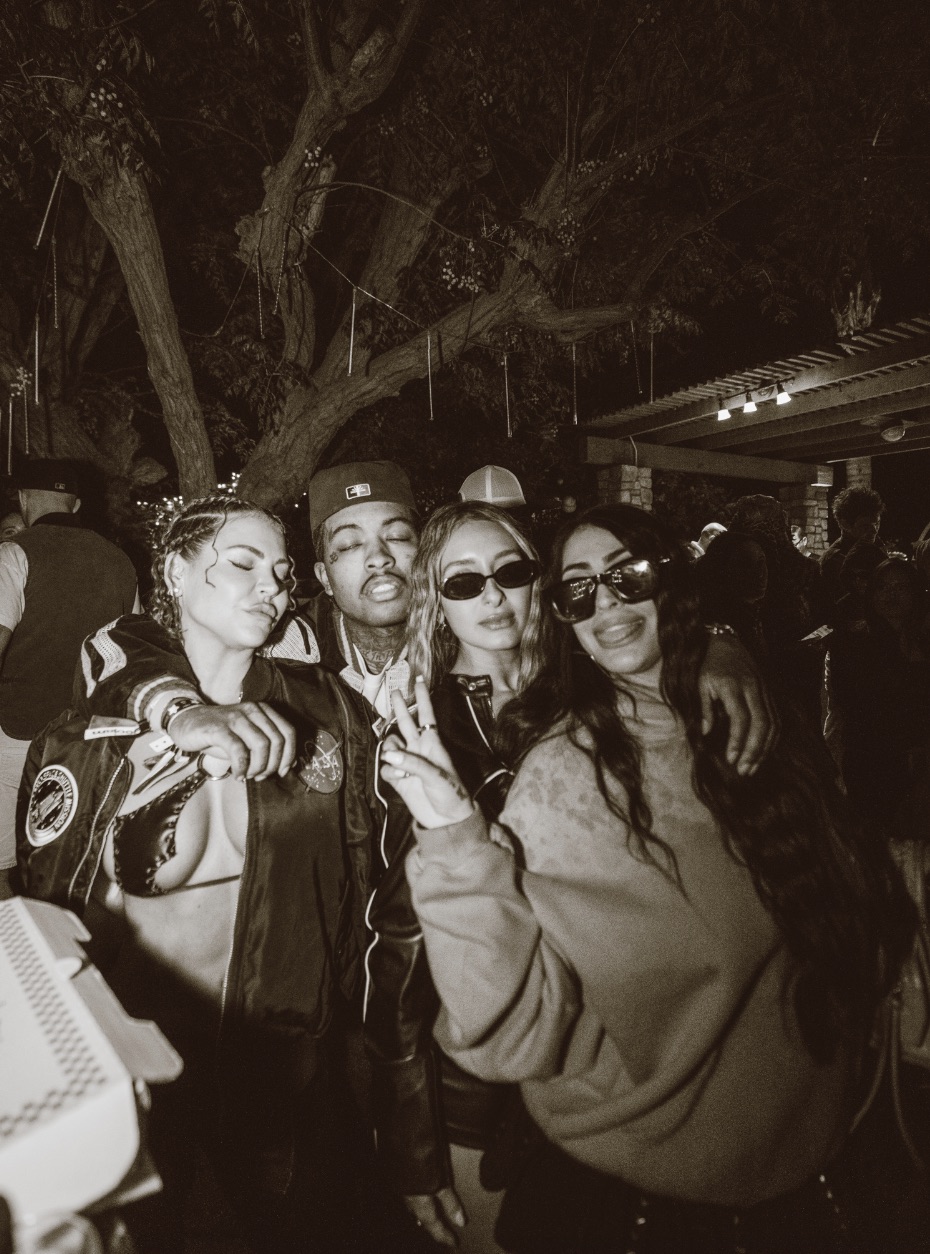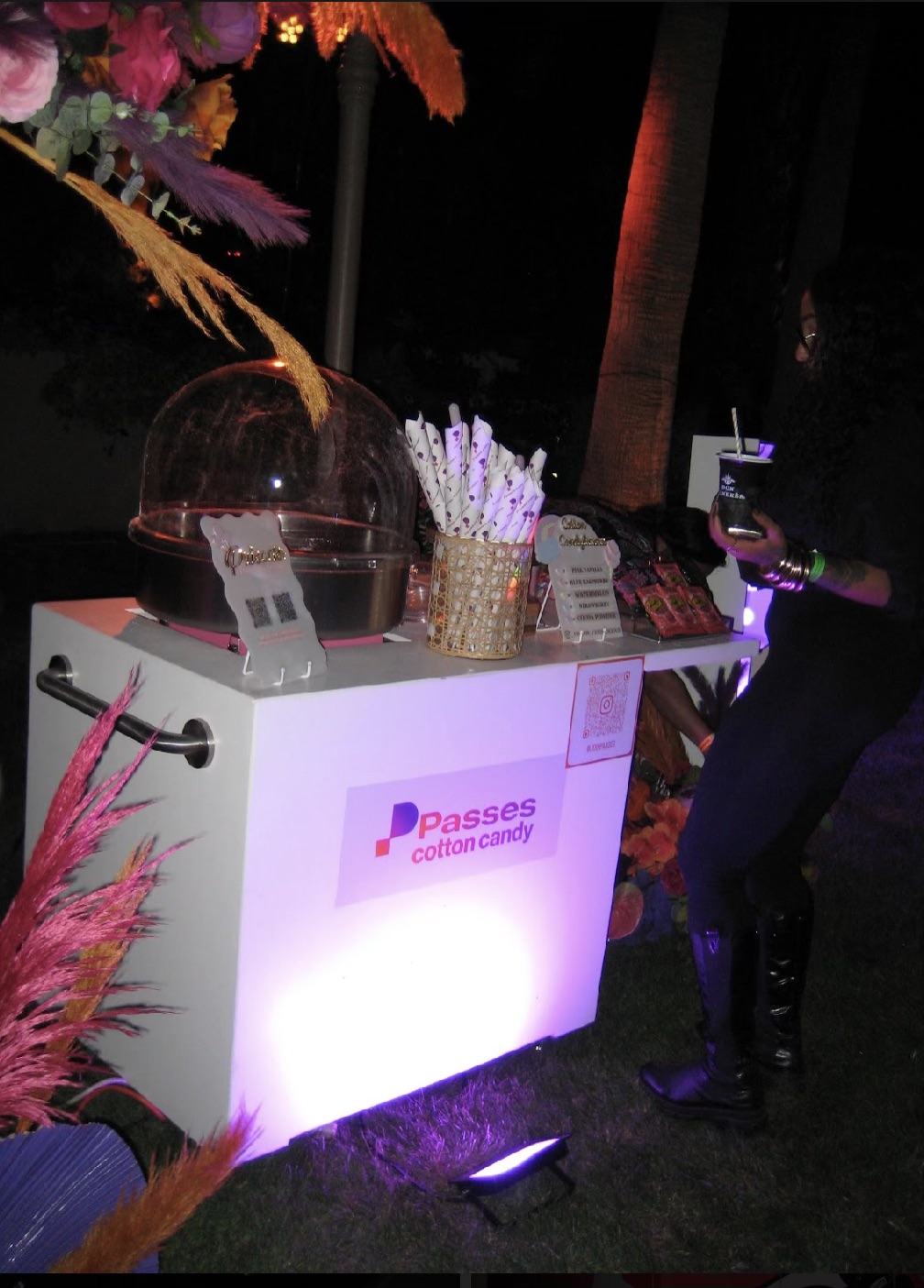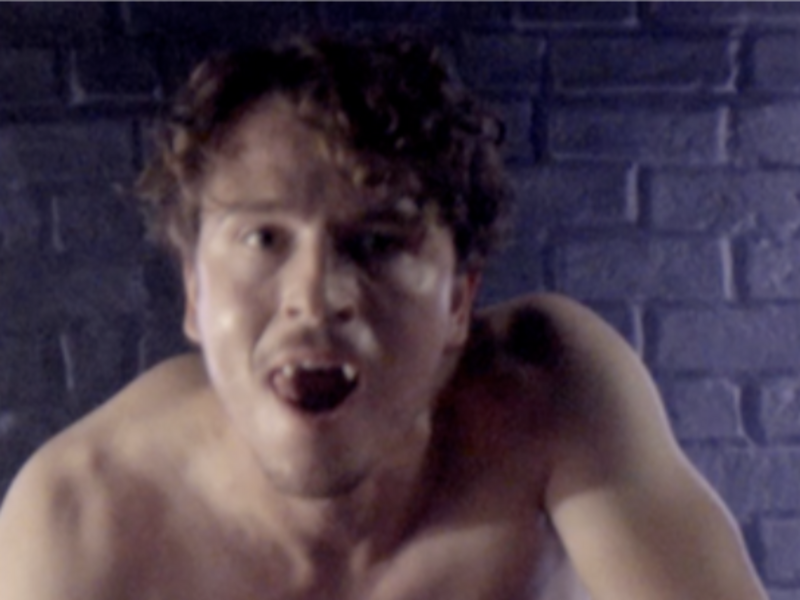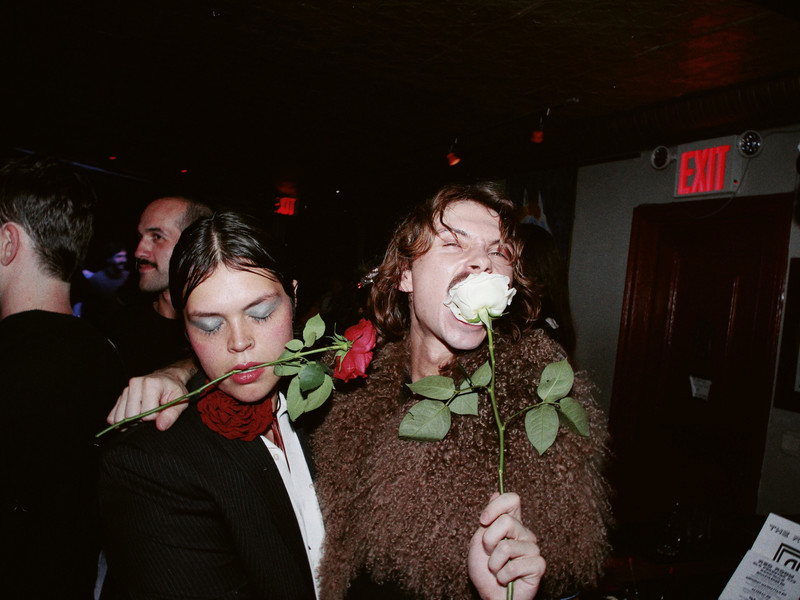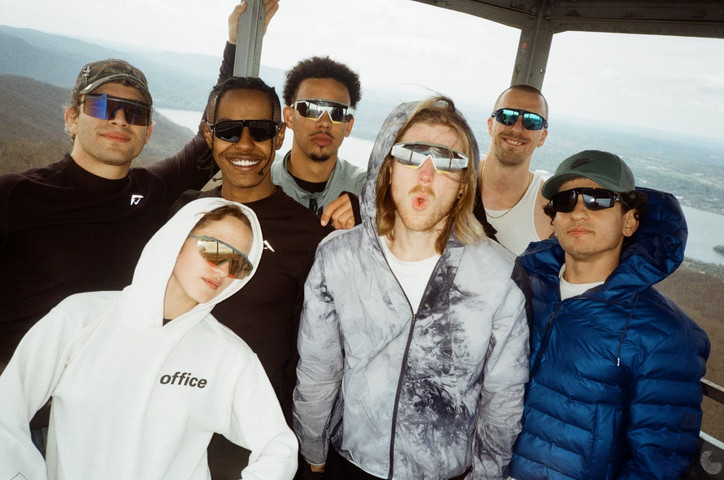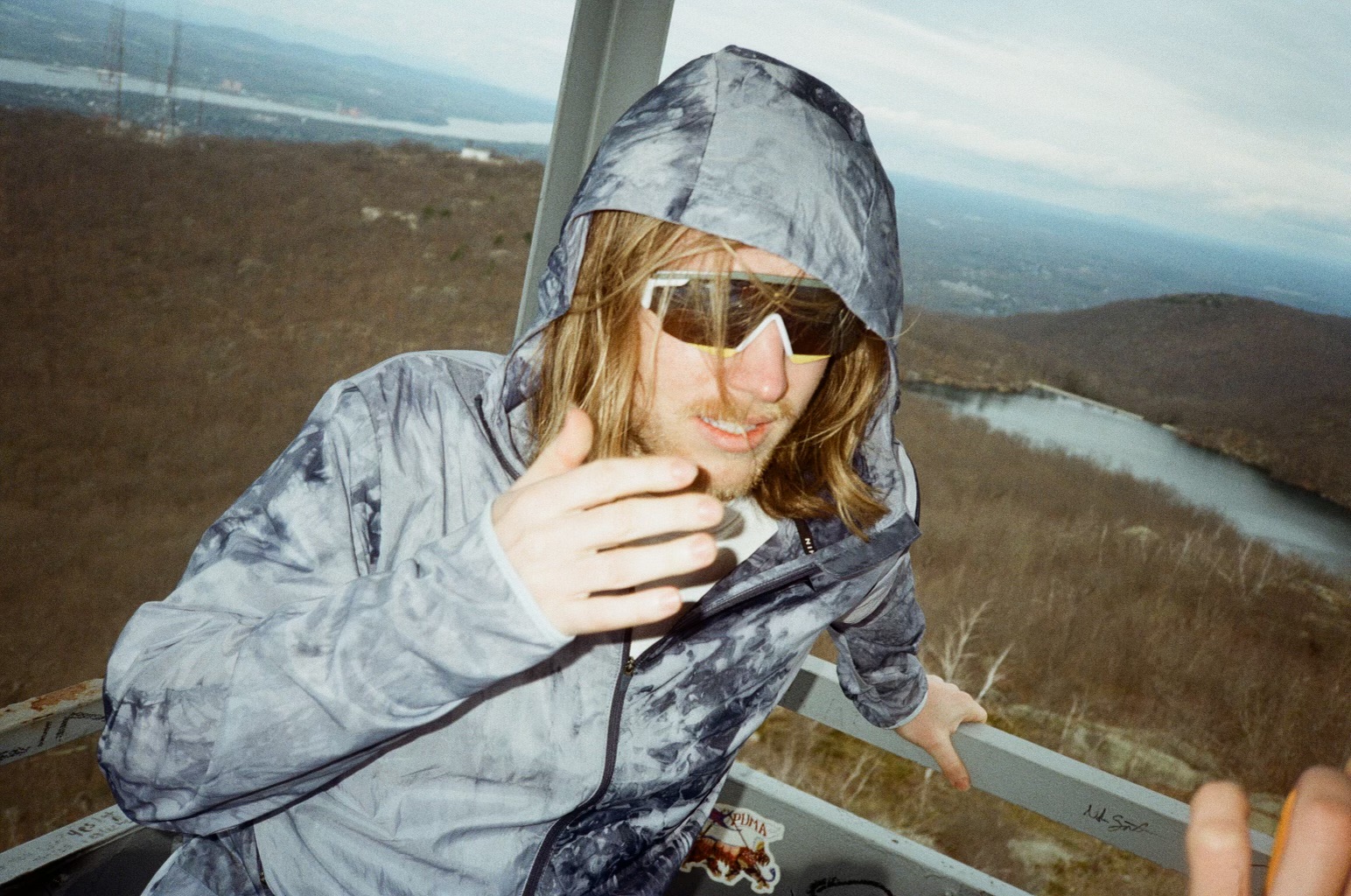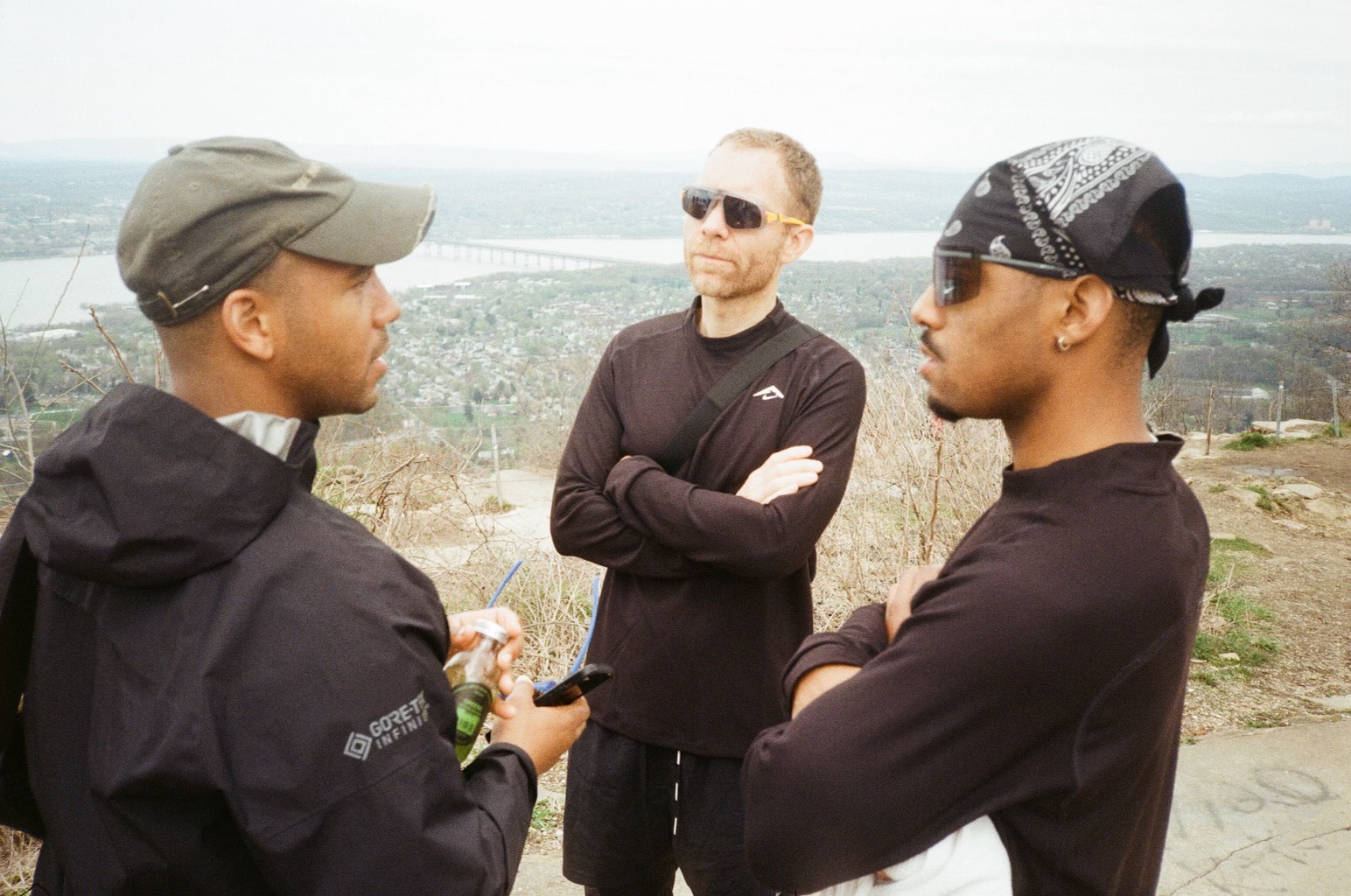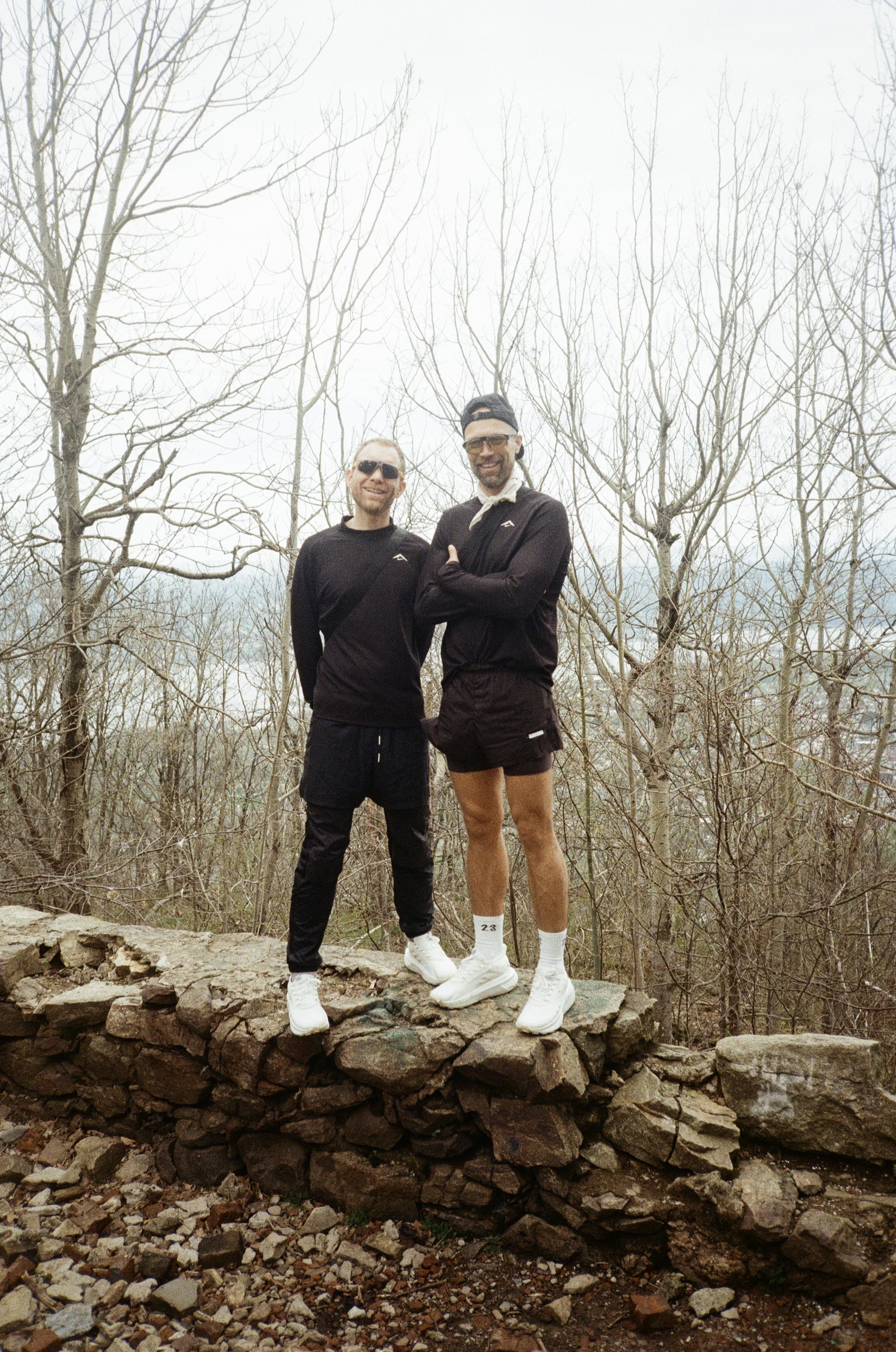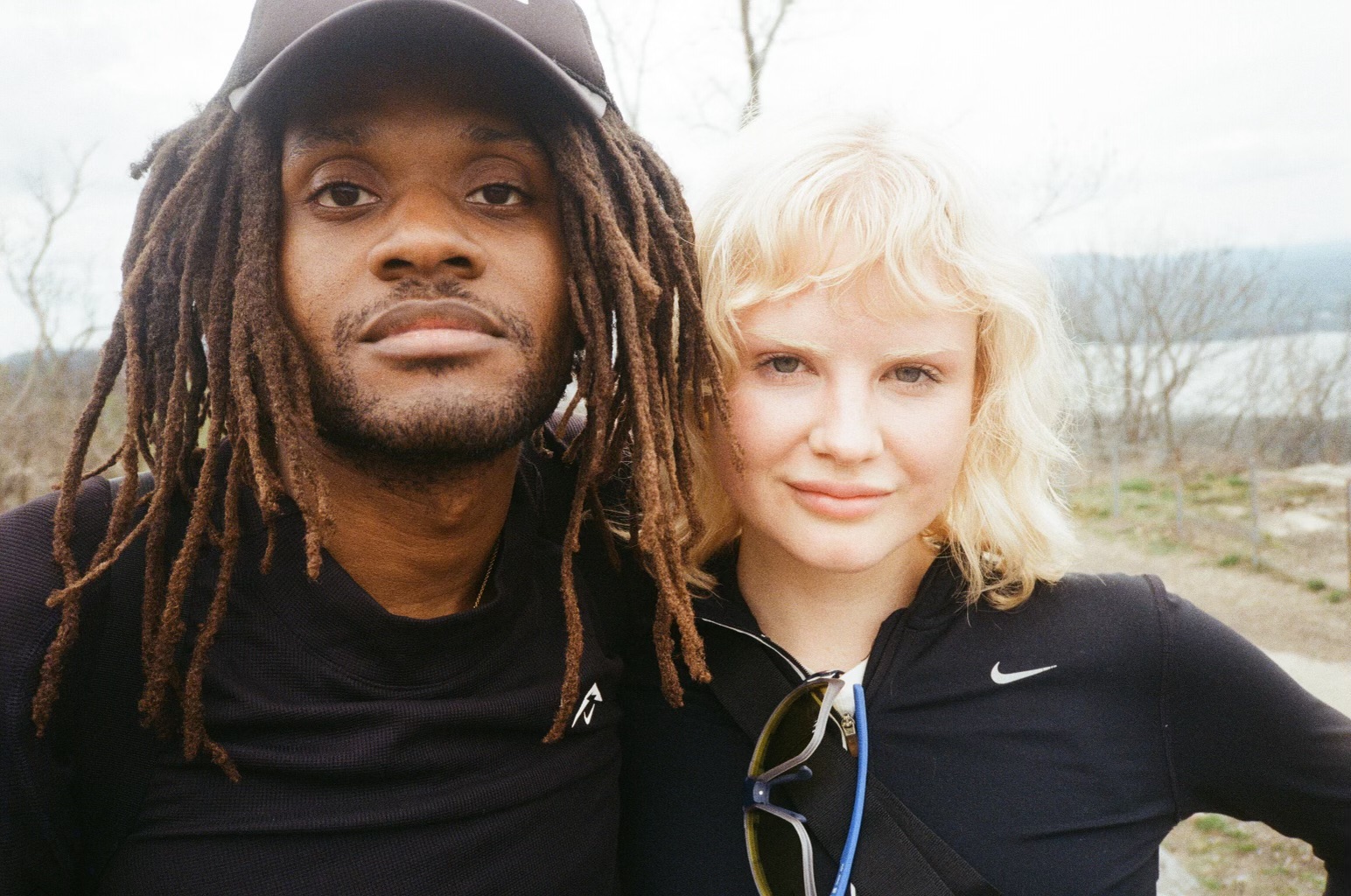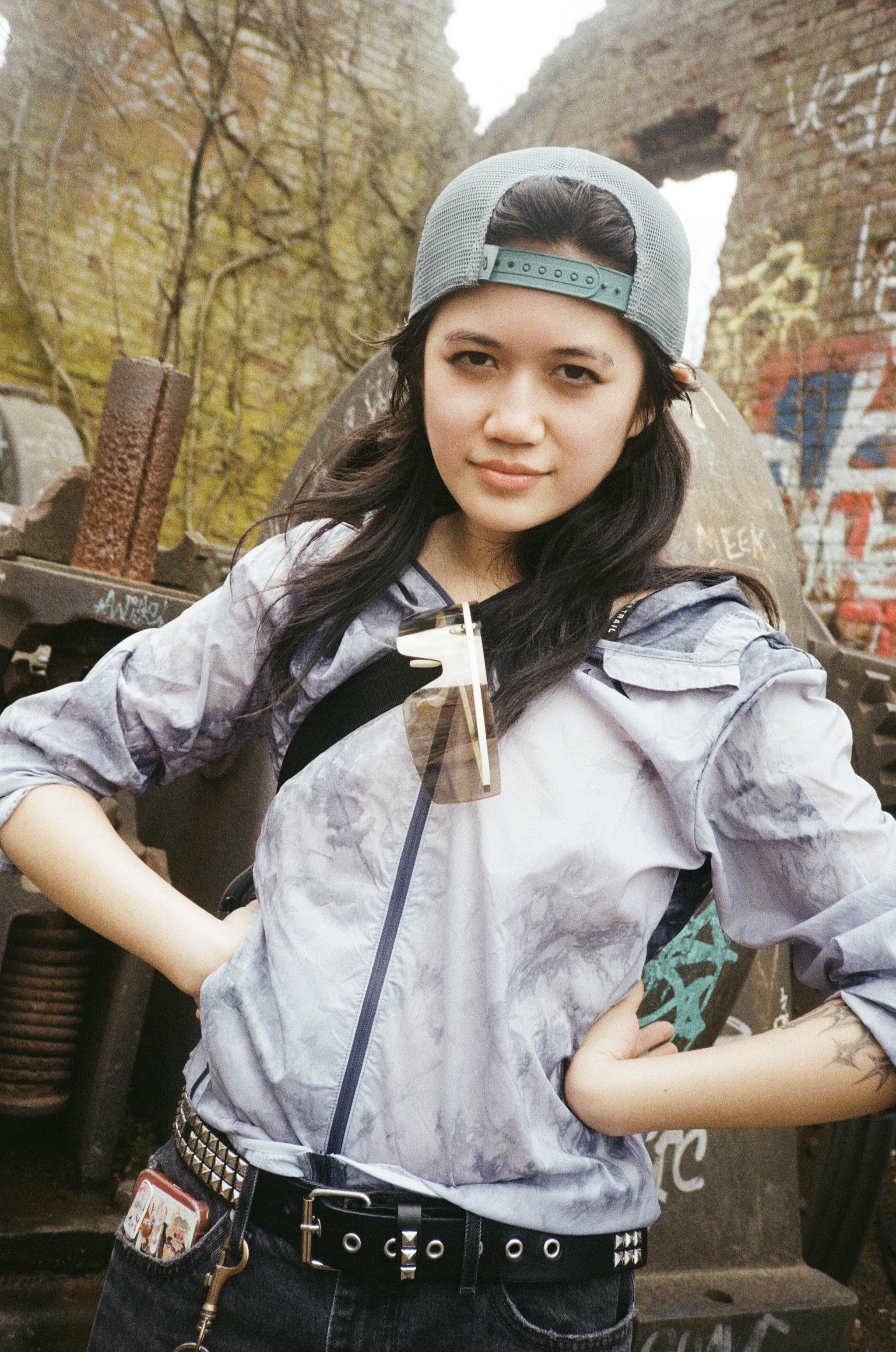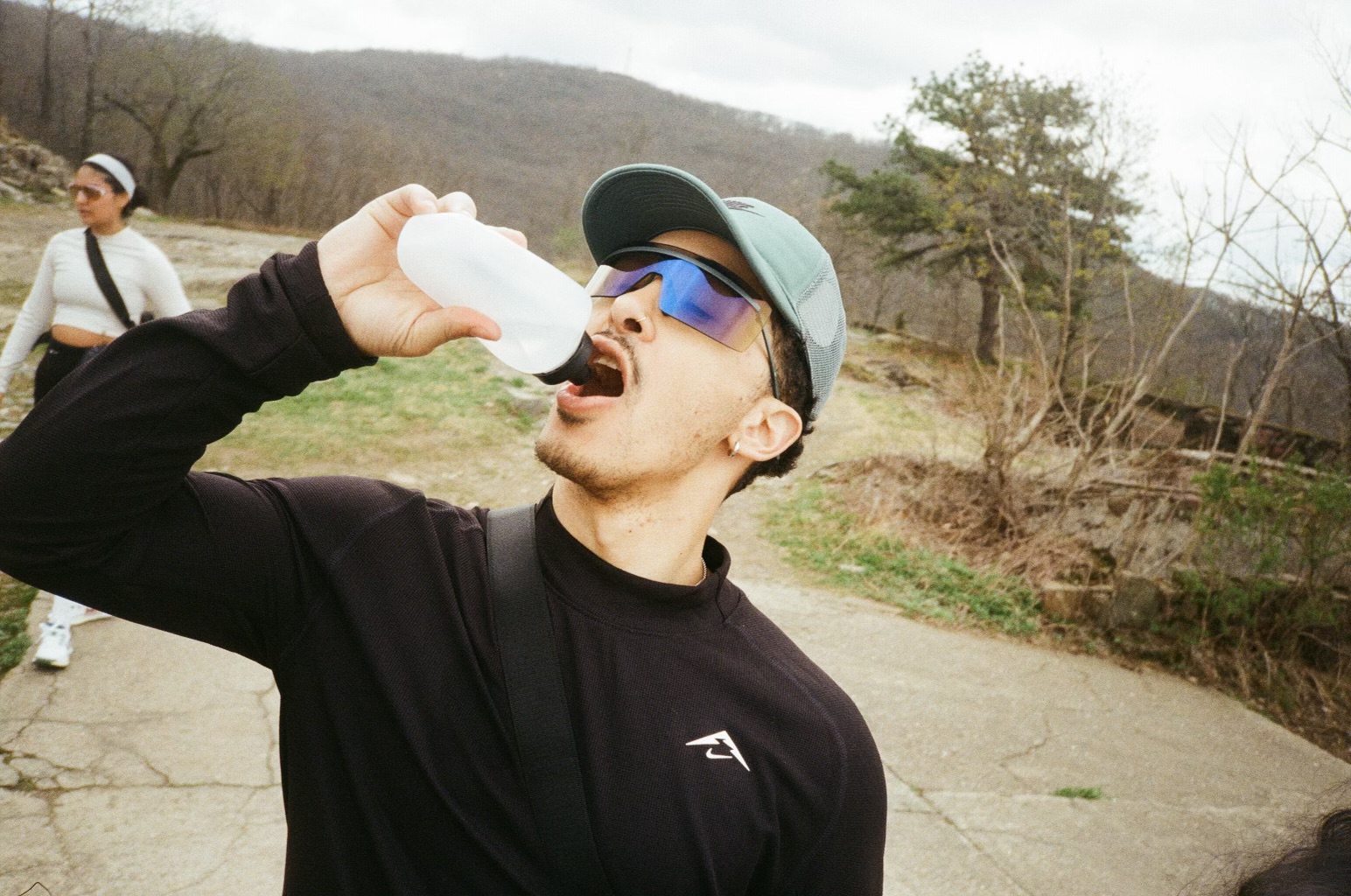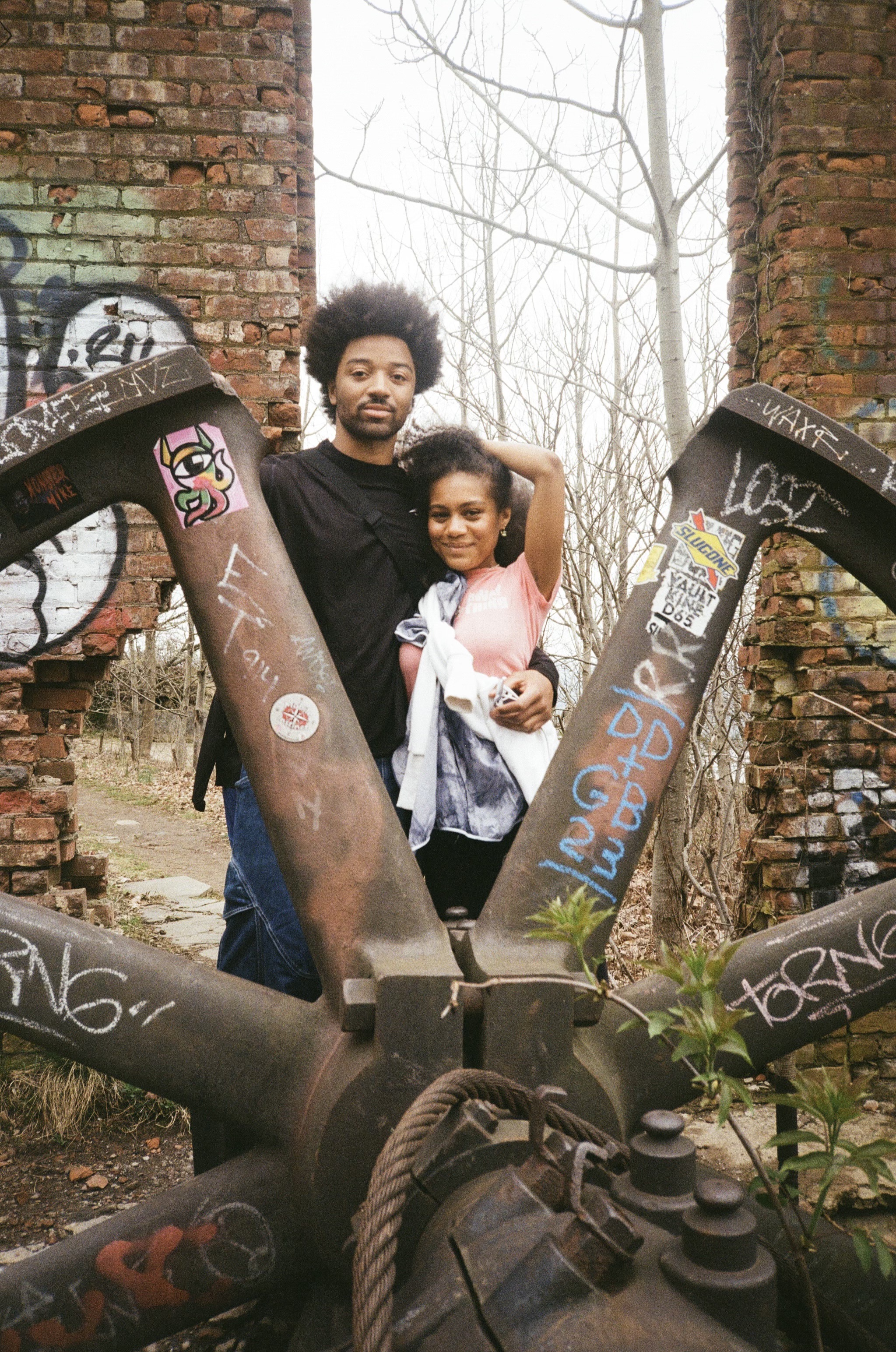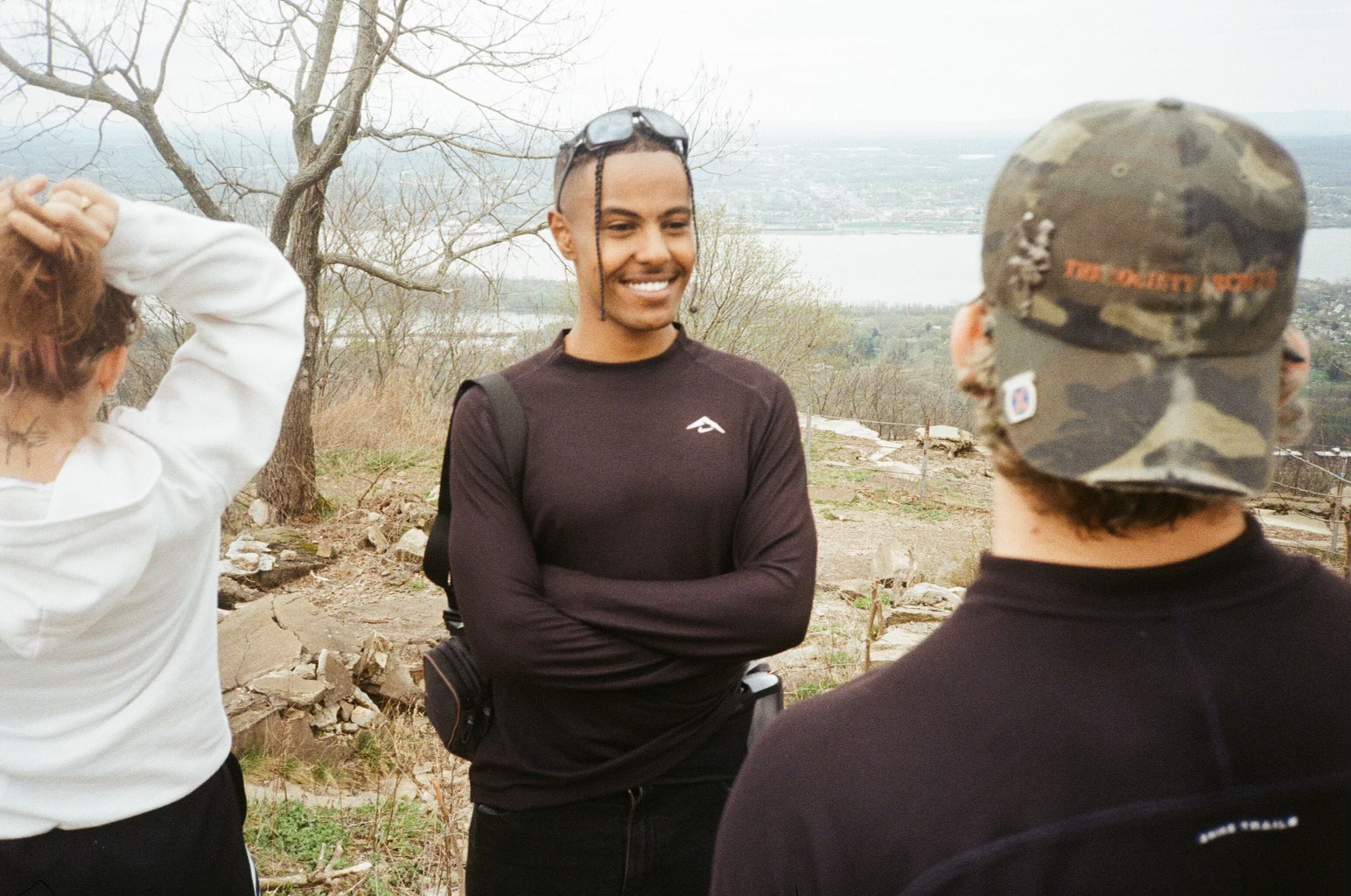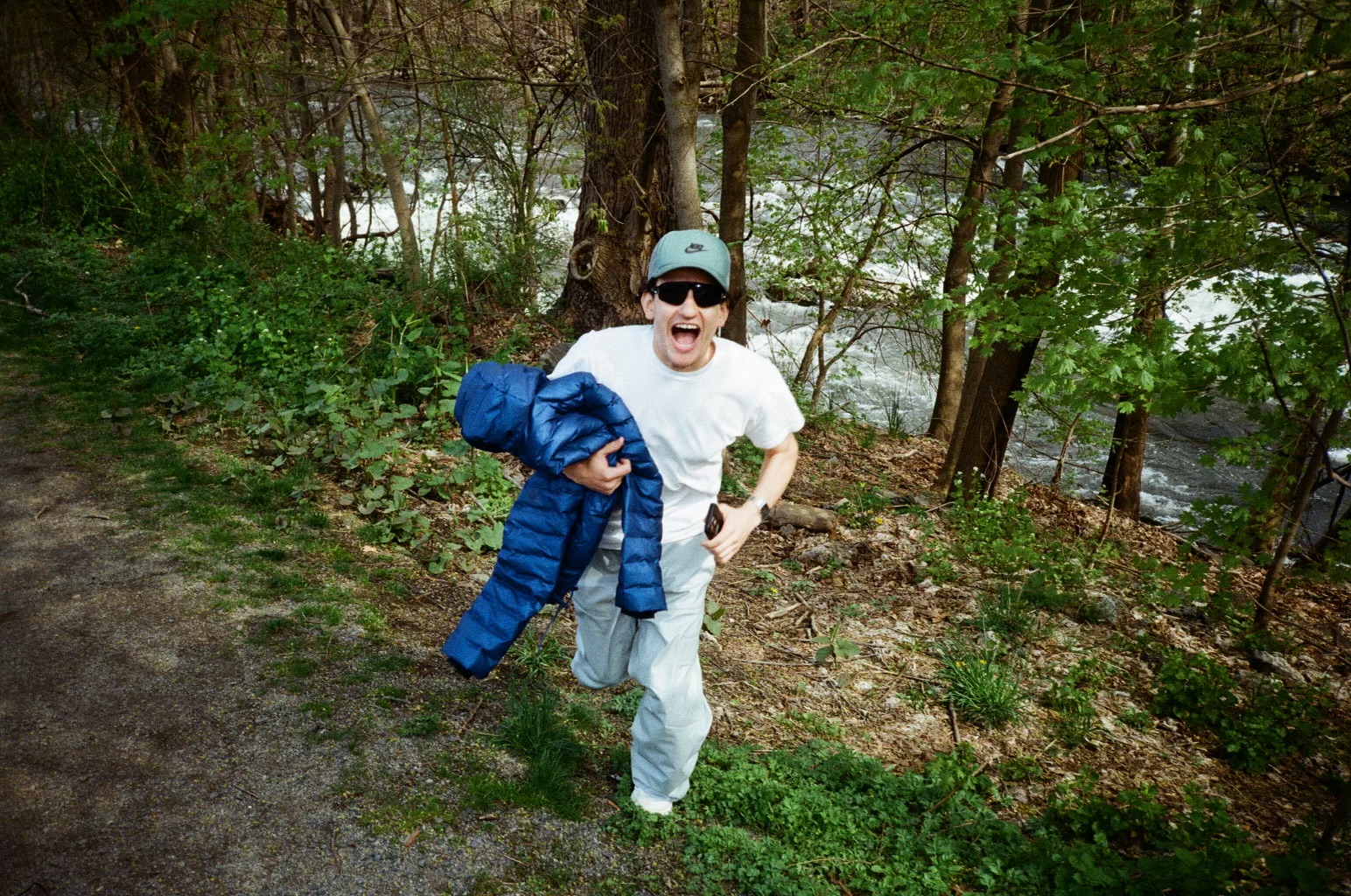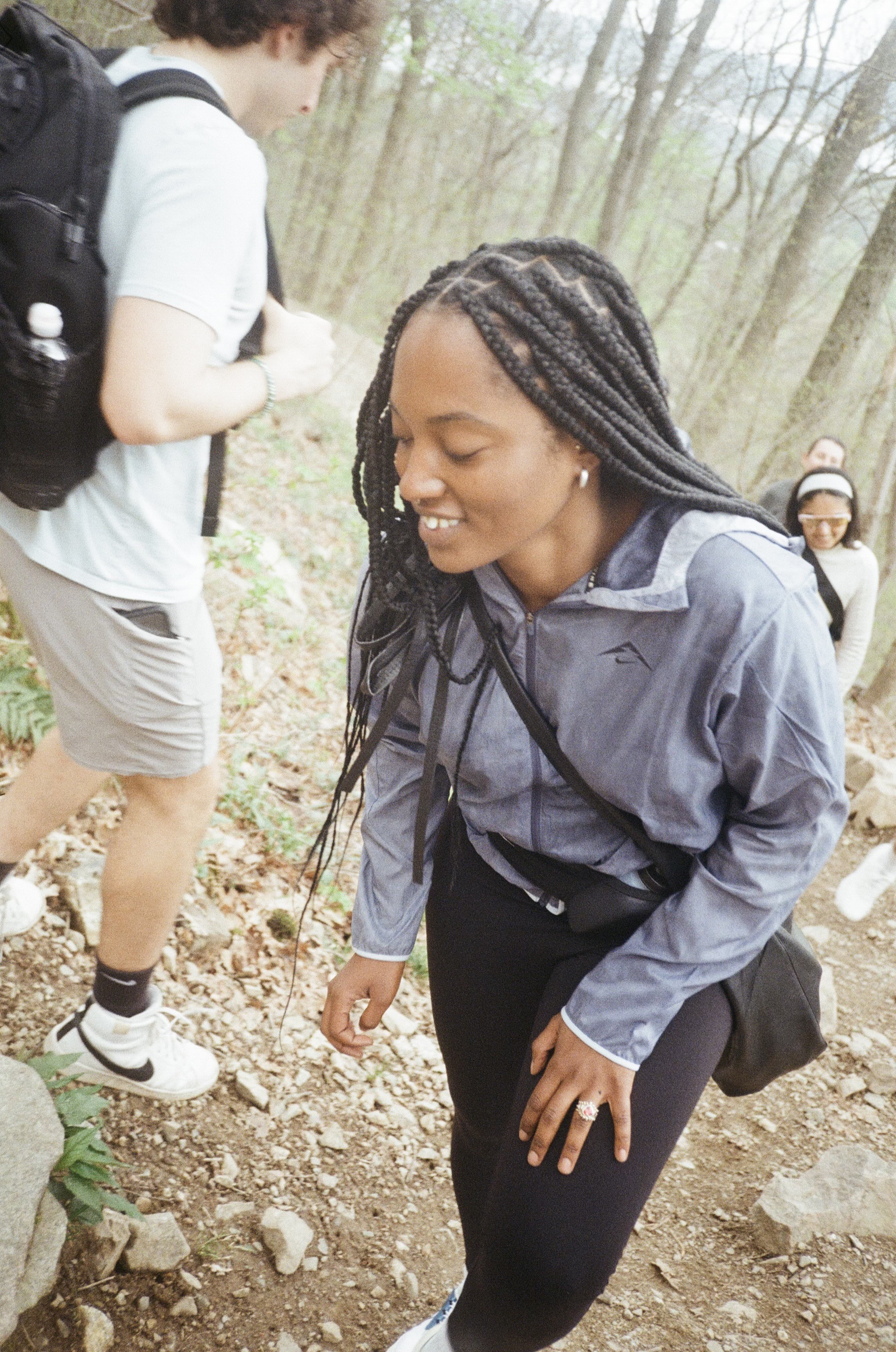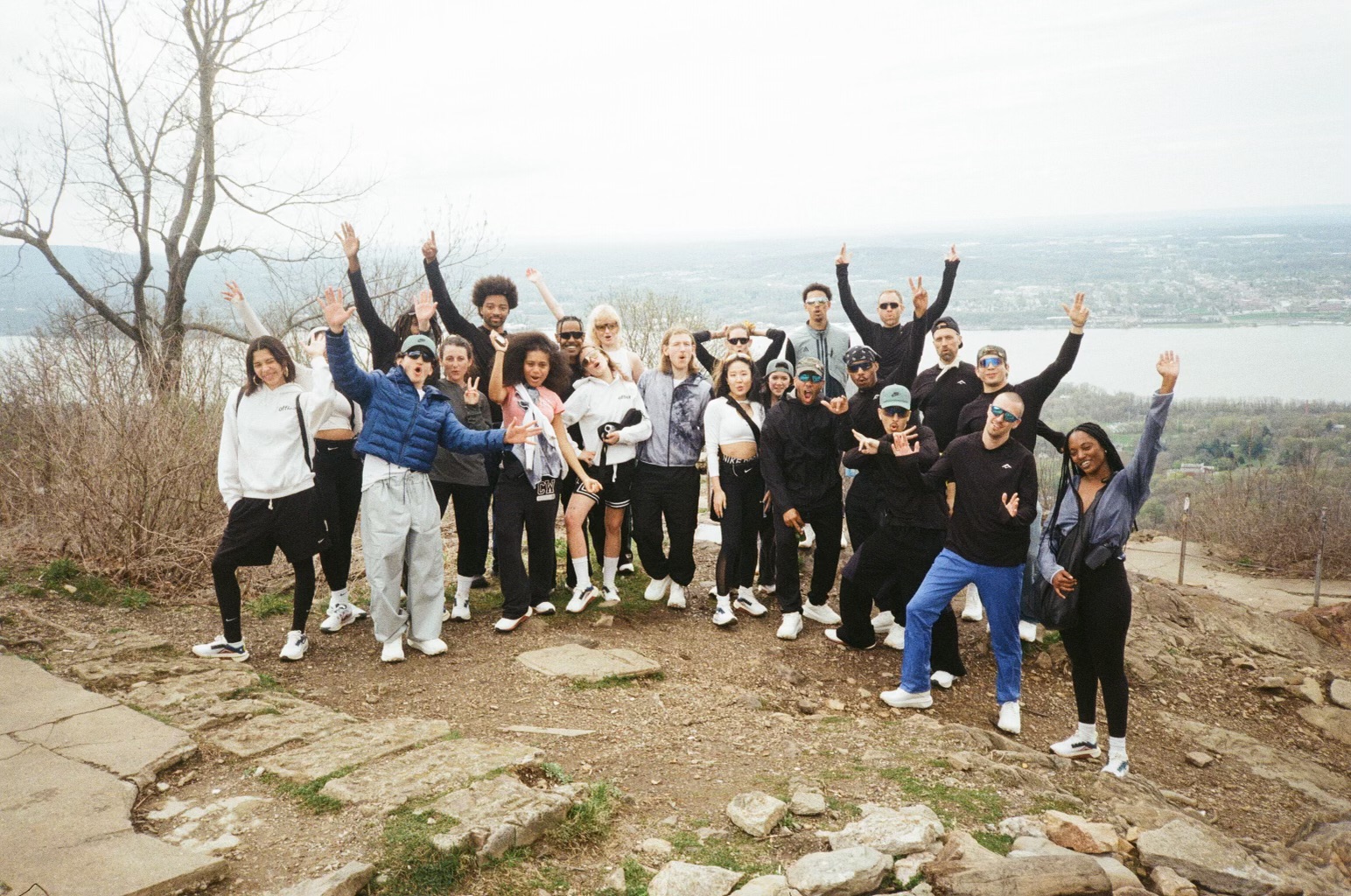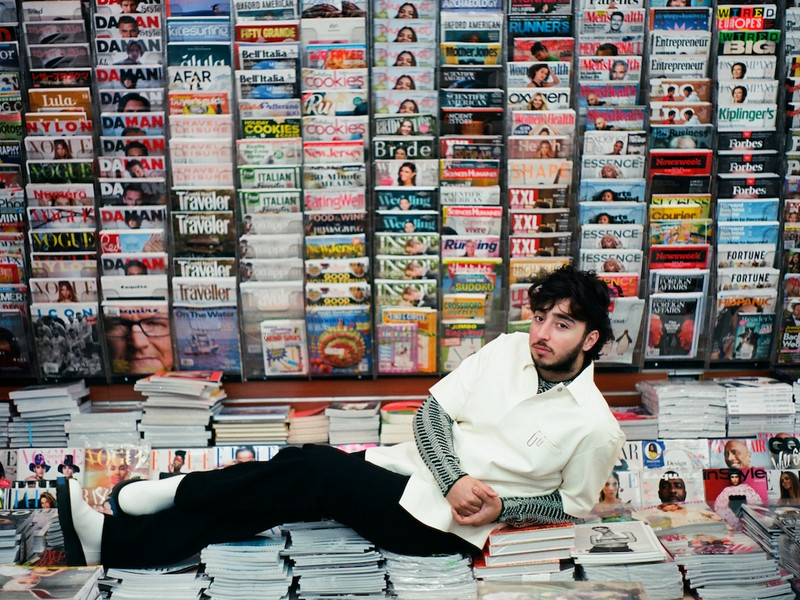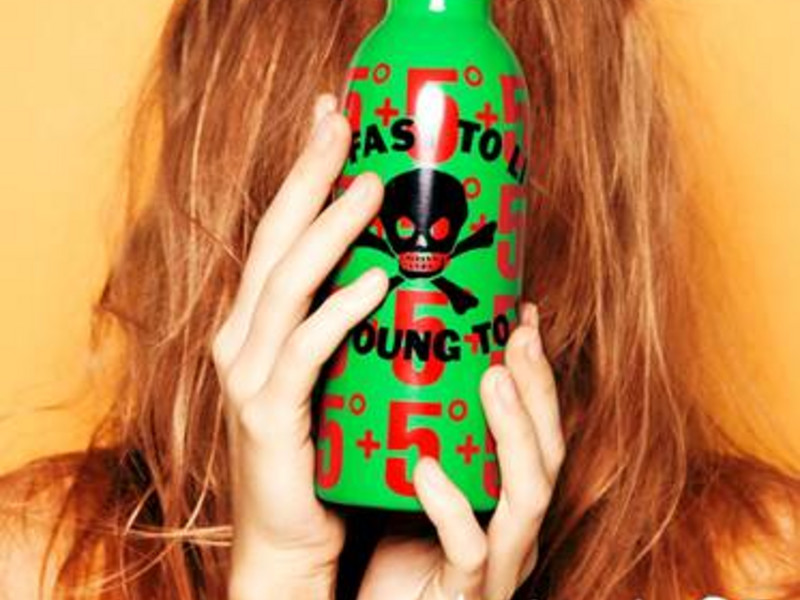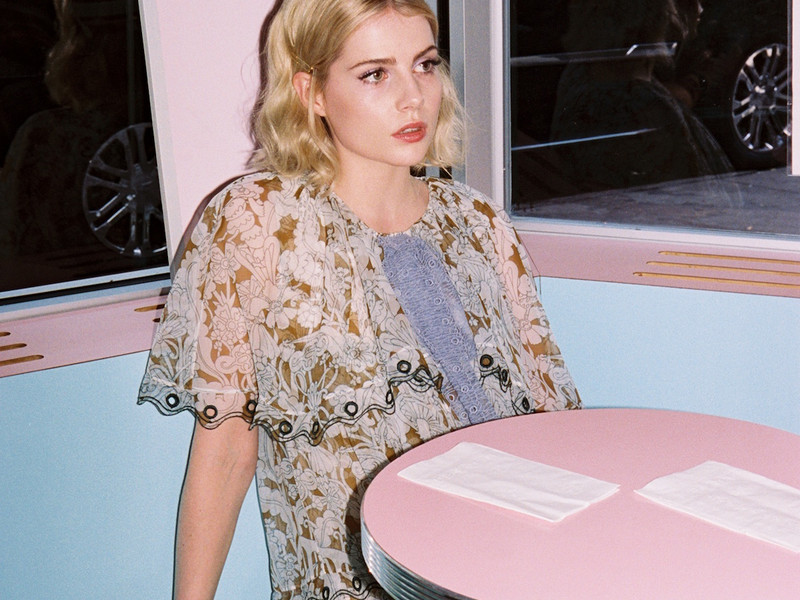office Initiatives: Creating Space with Cuties LA
With a growing social media presence, including an Instagram that continuously highlights the community and facilitates information about resources, Cuties is a vital space in the Los Angeles landscape. Toni Robinson, social media manager and events coordinator has helped shape what many know and love about Cuties' programming and connectivity. From poetry nights overlooking the Los Angeles skyline to weekly social media shoutouts to important calls to action, and so much more, Cuties LA delivers not only a message of unity but a safe space for QTBIPOC to be their full selves.
In an exclusive interview with Cuties LA CEO, Sasha Jones, office sat down with the organizer to discuss community building, creating space, and the power of QTBIPOC connection.
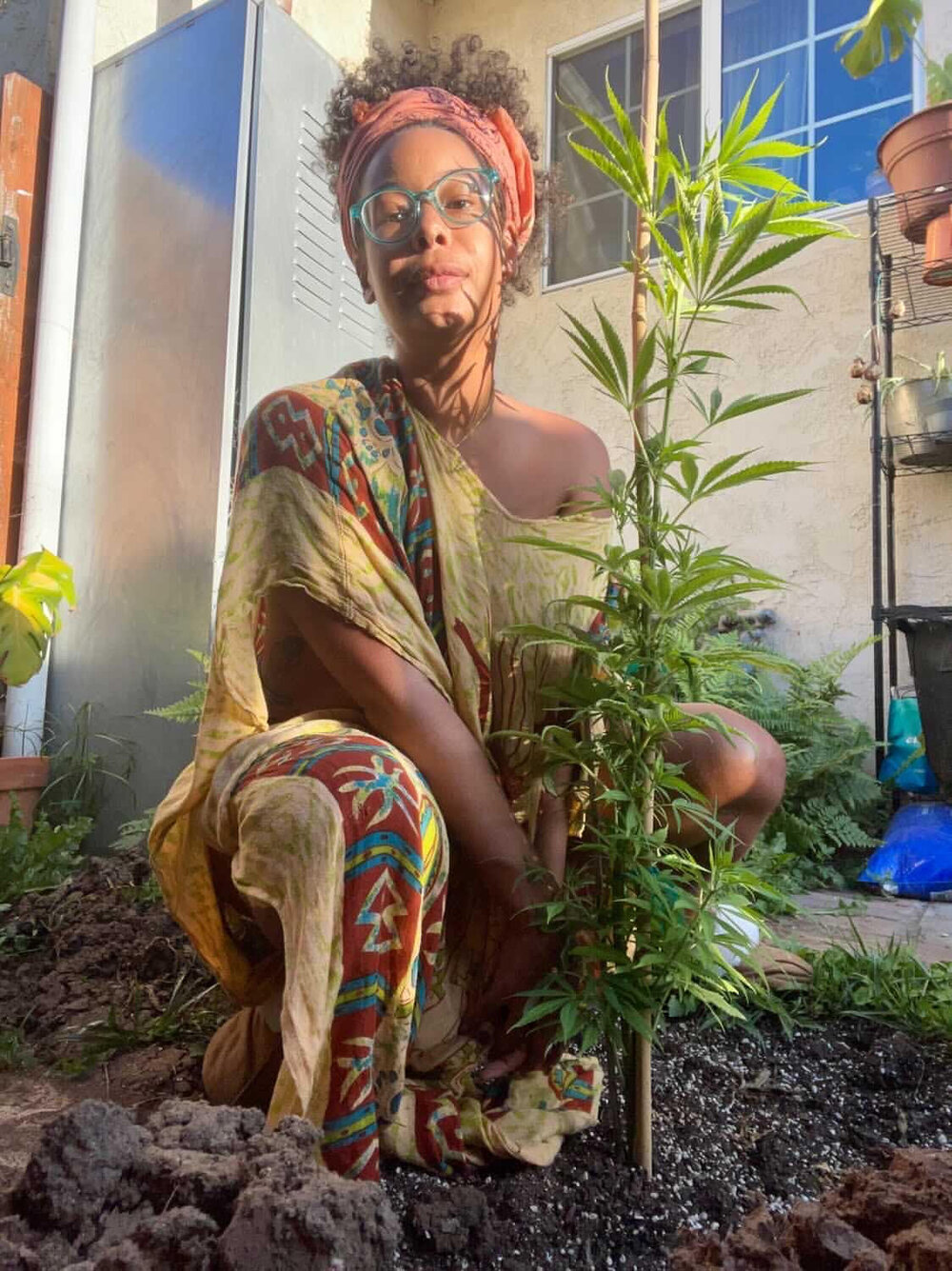
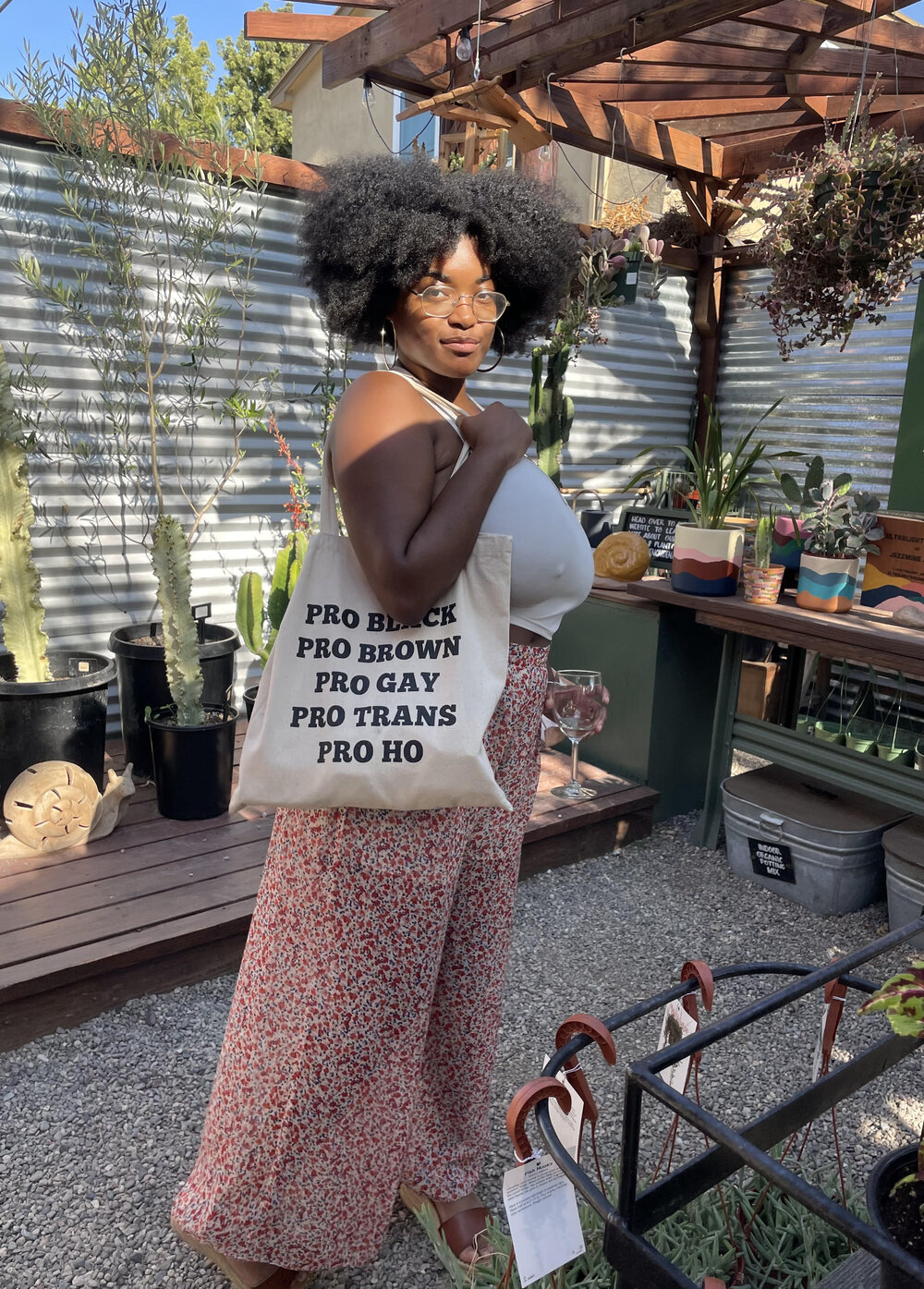
Sasha Jones Toni Robinson
Cuties began as a cafe centering queer folk, yet the pandemic took the physical space. Under new management, the digital space was emphasized, and programming continued. What was the transfer of power like, and what influenced you to take this leading role?
I don't know what year it was, maybe 2017. My partner Tracy and I went into the coffee shop, and we were like, 'Oh my God, this place is so cute.' And I had been working at coffee shops, so in the back of my mind, I always was like, 'oh, I want to work with Cuties,' you know, just kind of quietly saying it. They had a barista position that was open. I started in November of 2018. And I just started as a part-time barista, and it was very much on my terms because I was working at another coffee shop. I want to kind of feel it out and see what it's like. At that point, I was being trained by a person who was Black, but they were leaving. And so I was the only Black person, the only person of color, that was working there. Everyone else was white. The two previous owners were white; the majority of the people that came in there were white. And so I was like, even though this space feels good to me as a queer person, I'm sick of being the only Black person working here. The previous owner, Virginia, she trusted me from the beginning; even as a barista, she saw what I was capable of. And so, eventually, I went from being a part-time barista and I took over as manager in January of 2020. Before that, I had been helping more with events and doing more social stuff. At some point, even before I was manager, she told me to run the shop as if it were your own. She was an incredible coach for me and the type of person that I really needed. She was there for me if I needed her, but she was very hands-off and very trusting and was like, 'I believe in you.' To have someone that allowed me to use their space in that way was super empowering. I took over as manager in January and was really getting shit started, and then the pandemic happened in March. We temporarily closed at the end of March, but we never opened up again after that. So, Virginia, the previous owner, the whole time that cuties were opened, she also had a full-time job, like a corporate job.
When it was first opened, it was her and this other person named Iris. Soon after I started, Iris was no longer working with Cuties. So Virginia was like, I never planned on having a whole coffee shop to run with a job by myself. And so when the space, the physical space closed, Virginia was like, 'I'm leaving LA, do you want this,' she was like, 'I will help you. I'll help you disassemble the previous LLC; I'll have the lawyers start a new one for you. I'll transfer all the Patreon funds like you can have it if you want it.' And I was like, 'Okay,' and that was it.
Can you speak to how Cuties mission has evolved since you've taken leadership?
Initially, we were a coffee shop. We always had events, but towards the end of things, we were having monthly things and were starting to use the space in the evening. We were just really using that space to its full potential as far as events and community building. And so I feel like we've moved a little bit away from the coffee roots because we don't have a coffee shop. Our focus is the same which creating community, facilitating genuine connection, and, like you said, not having a space where people are bonding over hard drugs and alcohol because people will be smoking weed at Cuties events. I feel like that's always been the goal. When it was just operating as a backyard hang, it's really a place where we want people to actually come and be able to talk to each other and build connections and leave; maybe you met someone that night, you have a new friend. I do my own community organizing with my partner, and I've done event planning before, and that's the goal for me is to actually see people genuinely forming relationships that will exist outside of the space that we create; that's the goal. I also feel like not having a space has allowed us to further collaborate with the community; like The Hub, we had an event with Junior High LA, Pot LA, Reparations Club. The community-building aspect has gotten even stronger because we don't have a physical space. It's forcing us to find other people in the community that we vibe with, that we can work with, and we help each other. I don't think that we would have been connecting with these people in the same way if we had our own physical space still.
How has programming transformed since the pandemic began and the focus of Cuties has shifted?
I think a lot of what has to do with, I'm looking if something is not there if I notice that there's a specific group of people, there's not something that exists specifically for them. I'm like, oh, let's just make it like the queer family picnic. It was as simple as talking to two Queer parent friends of mine and saying, 'Hey, is there something like this that exists? Would you enjoy going to something like this?' And they're like, 'Oh, my God, absolutely. I would love that.' And I'm like, 'Okay, let's do it.' You know what I mean? I don't know if it means I'm necessarily seeking. I'm not. I'm not intentionally like, what's missing? I will notice a void, and then I'm like, Okay, let's, do something like, when Cutie's was open, my partner and I hosted a polyamory meet-up for Cutie BIPOC only, and every person that came, like, every month, when we did it, there was someone that was like, 'every poly thing that I've ever been to is just all white people. I've never been to something like this.' So, it's like just noticing, paying attention, listening to the community, and noticing what's not there. And if it's something that feels attainable, then I'm like, let's just do it. Let's do it. I feel like for sure, since I've taken over, and since the shop has closed, there's been a heavy focus on the Cutie BIPOC community that wasn't there before. Of course, it wasn't there before because there weren't any Black people there. So, I realize that we can't expect white people to do this for us. We've had our most recent event that's been really popular— It's called Lespay. And it's specifically for Black lesbians. It's sold out both times; it's beautiful. Everybody fucking loves it. And it's just really nice to hear, like, I'll go in there and help set up and break down, and people are like, 'Oh my god, I love this. It's so nice to have a space for us.' Like, people like just having spaces for them.
What's your relationship with other collectives or organizations that may not be as known, and how do you navigate this landscape where spaces appear sparse in Los Angeles?
At this point, I try not to work with many white folks. I listen to my intuition and my gut when I meet people and interact with them. I'm excited about getting to do the work that I do. I also feel like, with my own boundaries, I won't let myself feel overwhelmed or let myself feel pressure like so many people are relying on me, so I have to do this— I don't do that to myself. I rest when I need to. There's this organization that we're going to be collaborating with called Queer 26, their Black run. There are a lot of virtual offerings that are for BIPOC that I see happening. So, I don't really feel, I guess to me, it doesn't feel like we're the only ones doing this work. Maybe we're like one of the more well-known organizations, but there are definitely people out there who are creating space for us, where it doesn't feel like it's all on me, for sure. I see it; I see it happening.
I really enjoy getting to do this work. Like it makes me really excited. The queer family picnic that we had on Saturday was incredible. So many parents, so many toddlers. So many people who came with like their fur babies and people who came and didn't even really interact with the group. But like, on the way out, someone said to me, 'Hey, I just wanted to thank you, it was nice just to be outside and be around people.' So a lot of the time, it feels like pretty easy and really gratifying. I think the boundaries that I have with myself, I'm gonna do what I can; other people will do what they can.
What are some ways the public can support Cuties?
We have a Patreon; it's patreon.com/cutiescoffee. For all of our events, our patrons get first dibs on them. So they'll always get advance notice; there's also merch discounts and a monthly playlist with all Queer artists. That's the best way to really support us monetarily. You can also sign up for our newsletter; we send out all of our events that way. Even like following us on Instagram, sharing our events, attending our events, inviting people to come, all of that is really helpful. Because we are still just a small business, you know, it's just the two of us. We still always need support, and I think those are the best ways. Oh, and programming. Okay, so I told you that we have readings at sunset that are coming back next month; that will be monthly. And I'm really excited. I went through the year and picked themes for each month. So it's going to be theme poetry nights. And we're going to make the queer family picnic monthly also. We're going to bring back writing for collective healing, a virtual writing workshop for GT BIPOC—one of our more popular virtual offerings. The person who hosts it, essentially, every month, he'll have a featured writer-poet, and then we'll go over their writings and the time for them to free write and work on writing projects. We have some kink and play-based events that we're going to be doing with this organization, SPLA, Sex Positive LA. We're actually doing a grown and sexy Valentine's Day event with them on February 16, so that will be fun.
Yes, we're starting a musician's club called the Cuties musicians club with a mix, Pooja Singh, who's a close friend of mine and a Queer, Trans artist in LA. And that's going to be virtual and in-person jam sessions, virtual jam sessions. We are also bringing back our self-care listening party that's going to be virtual, and it's going to be in person at Reparations Club. We're doing queer film screenings with Q 26 or Queer 26, the organization I mentioned earlier— from May through November. I believe it's called Critical Eye Film Screen. So we're gonna screen queer films and then just discuss afterward. And markets, we're going to be doing vendor markets again.
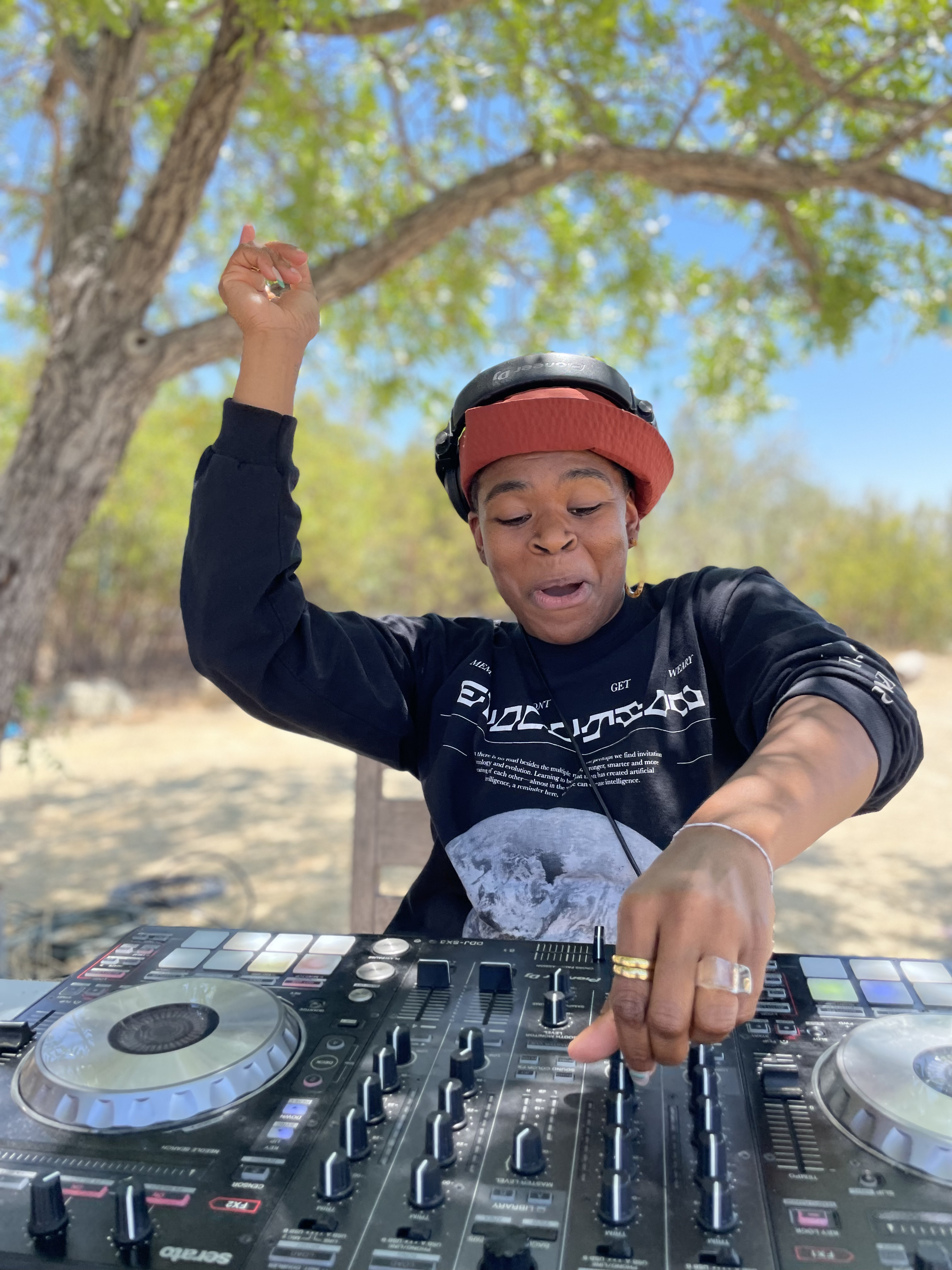
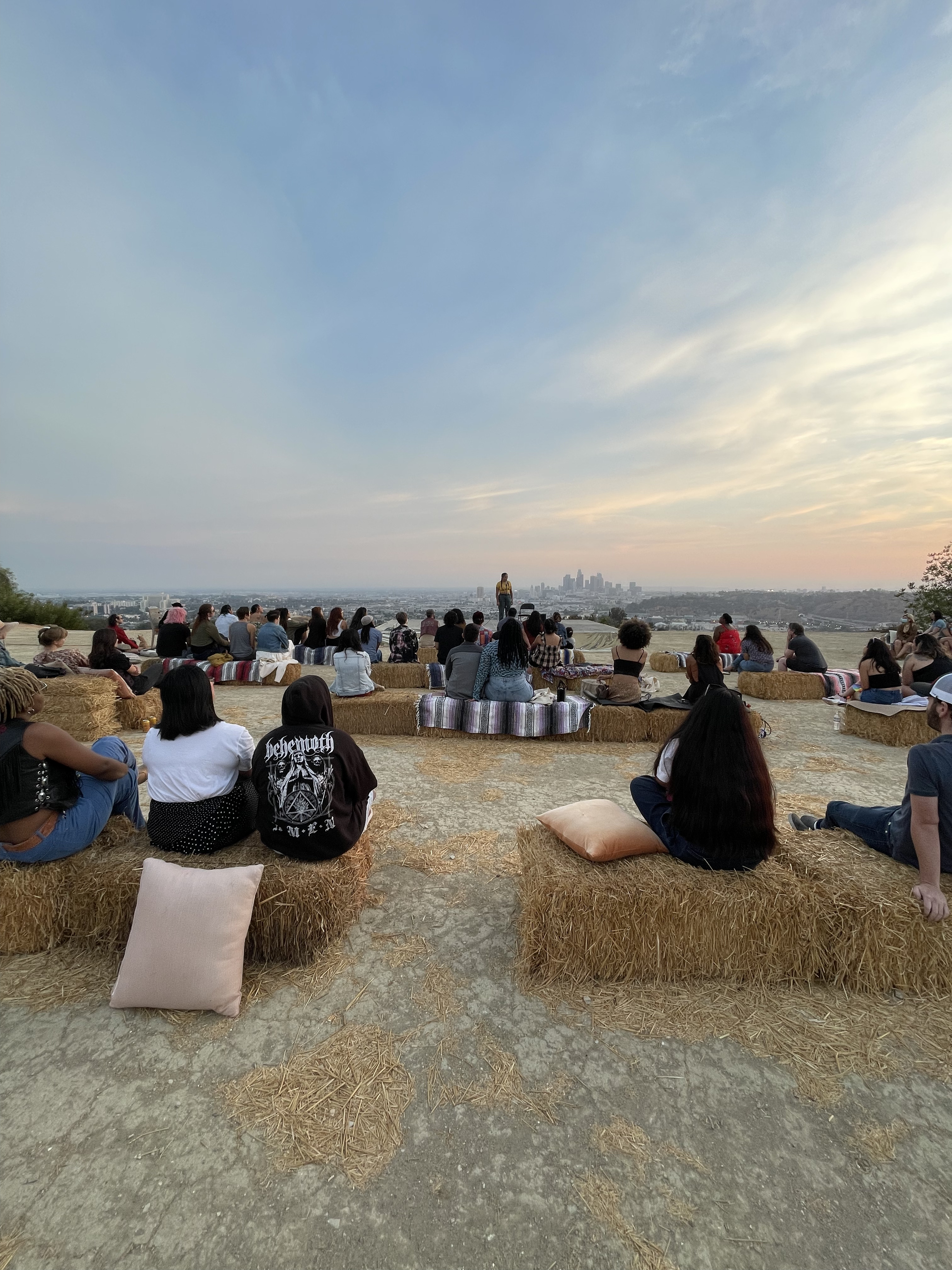
Can you expand more on the organizations you highlight through the Cuties Instagram and your website?
At the coffee shop, we had a huge bulletin board, and it was a really big part of the shop. We had everything there from Queer therapists to dungeons, to Queer doctors, like literally anything you could want, but queer. It was really important; people would come in there and look for the bulletin board. It was a huge resource. I think that's always something that I've wanted to continue, finding a way to do that again without the physical space. Even when we were making our website, I was talking to the designer. I want something that feels kind of like a virtual bulletin board. I want people to be able to go here and find things that they need. I think our website is a great place for that. On our Instagram, we started picking an organization, whether it's a nonprofit or just a local collective that's doing good work and featuring them on our Instagram once a month.
Someone that we recently have started working with, they're gonna be the home of our readings at sunset that are monthly, Easy Like Sunday Morning. They're this collective and are Queer and Trans-led music collective in Echo Park. And they have a music studio, a space to jam, and a beautiful backyard. I'm really excited about working with them and also about the work that they're doing. Also, Queer 26, Junior High LA, and Reparations Club, we're gonna continue working with. All of these people are the homies, and we're going to continue building relationships with them. I know the power of our community and the amount of followers that we have; I know that it can make a big, big difference. And like someone else's small business, we definitely have folks that email us like, 'Hey, can you share a workshop,' and then the workshops sell out after we've shared them. That makes me happy. I love to see our people win; I love to see our people be successful. And so it feels good to be able to share our resources that way.
With Cuties growing and the digital space becoming a huge touchstone for queer and trans folk in Los Angeles, do you see a physical space in the future?
I recently talked to a couple of friends of mine because I started as a part-time barista; I never really wanted to be a business owner. And so I was handed a business in the middle of a pandemic, and like full transparency, I'm a person with depression and anxiety. And I'm like, oh, okay, but I'm gonna go for it. So I have felt really overwhelmed at the idea of having to open a new coffee shop. Even though I know I have support, it's still a lot. So I talked to a couple of friends about just the idea of having a space, where it's part art gallery, part event space, part gathering space, where coffee is not the main product. It's just, we have a space, and you can come to hang out here. And maybe there's some hot tea, and maybe there's some drip coffee. Or maybe like we have folks come in and do coffee pop-ups. But I miss terribly having a physical space. That's always been the goal. I've just been patient because we've been in a pandemic. When it makes sense for me to have an event space where we can really gather again and finally feel like we're in a space where it feels safe enough for that to happen, I would love to have a new space. I've been saving up to do one big crowdfunding thing for the physical space. And hopefully, by the end of the year, we'll have something I would love to. I miss it so much.
